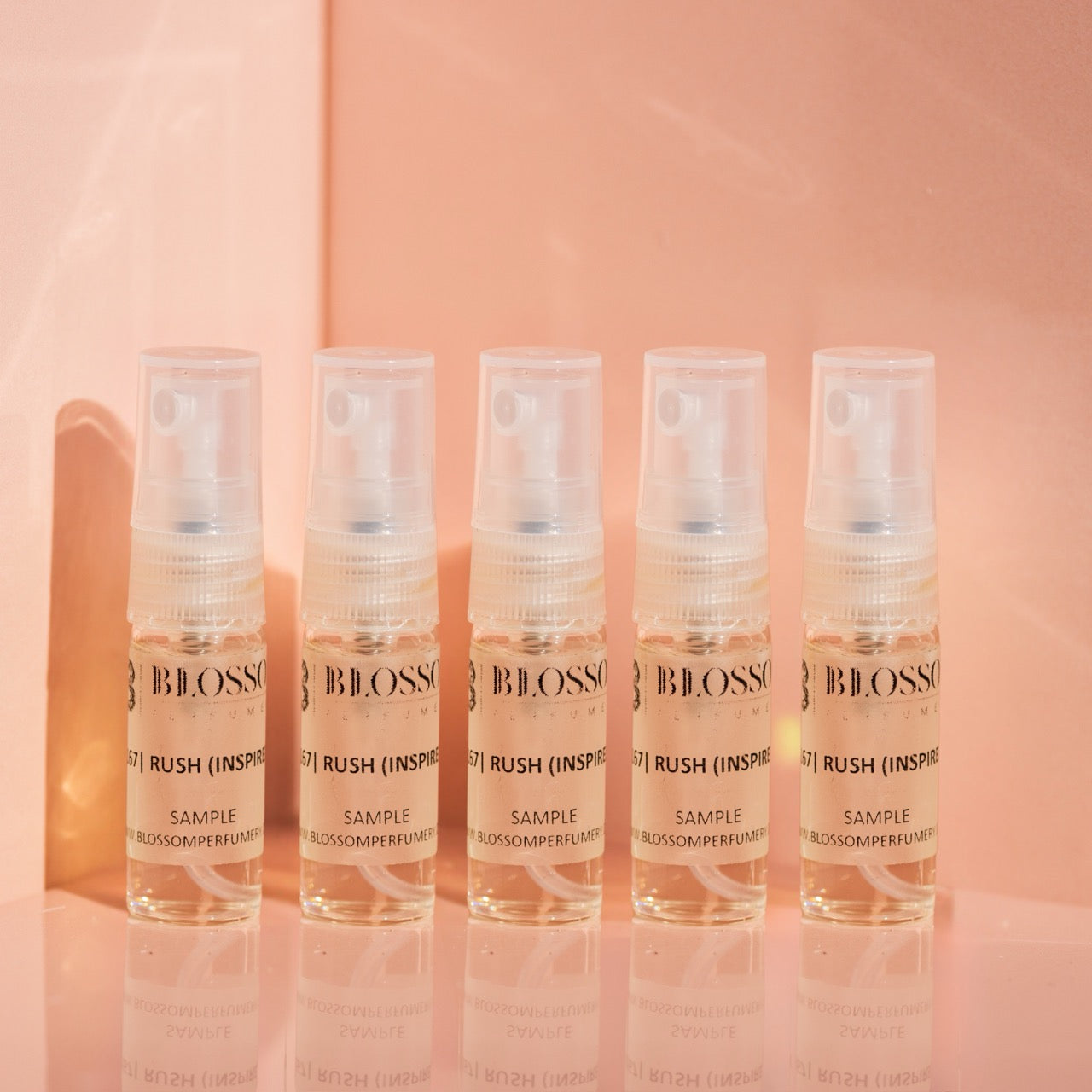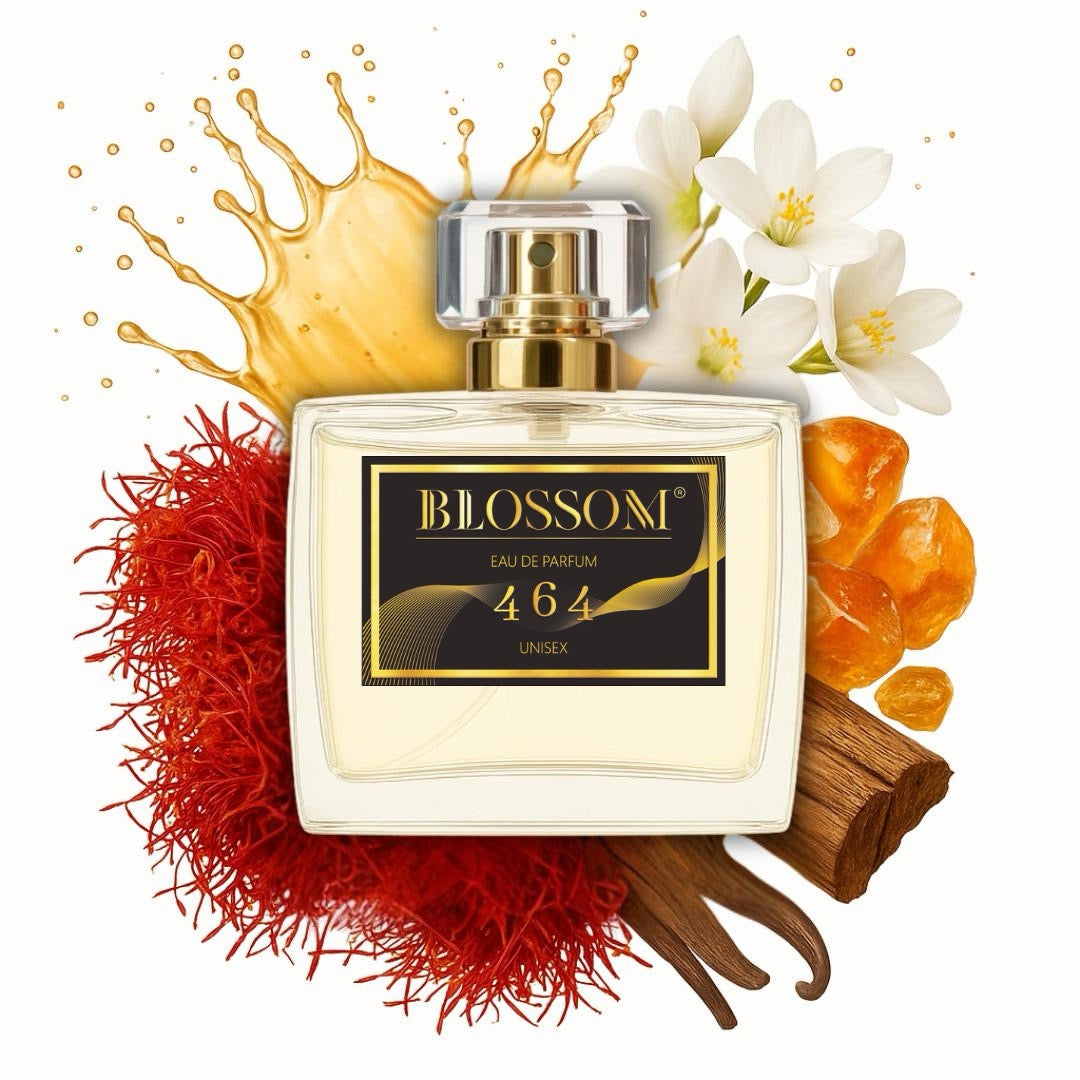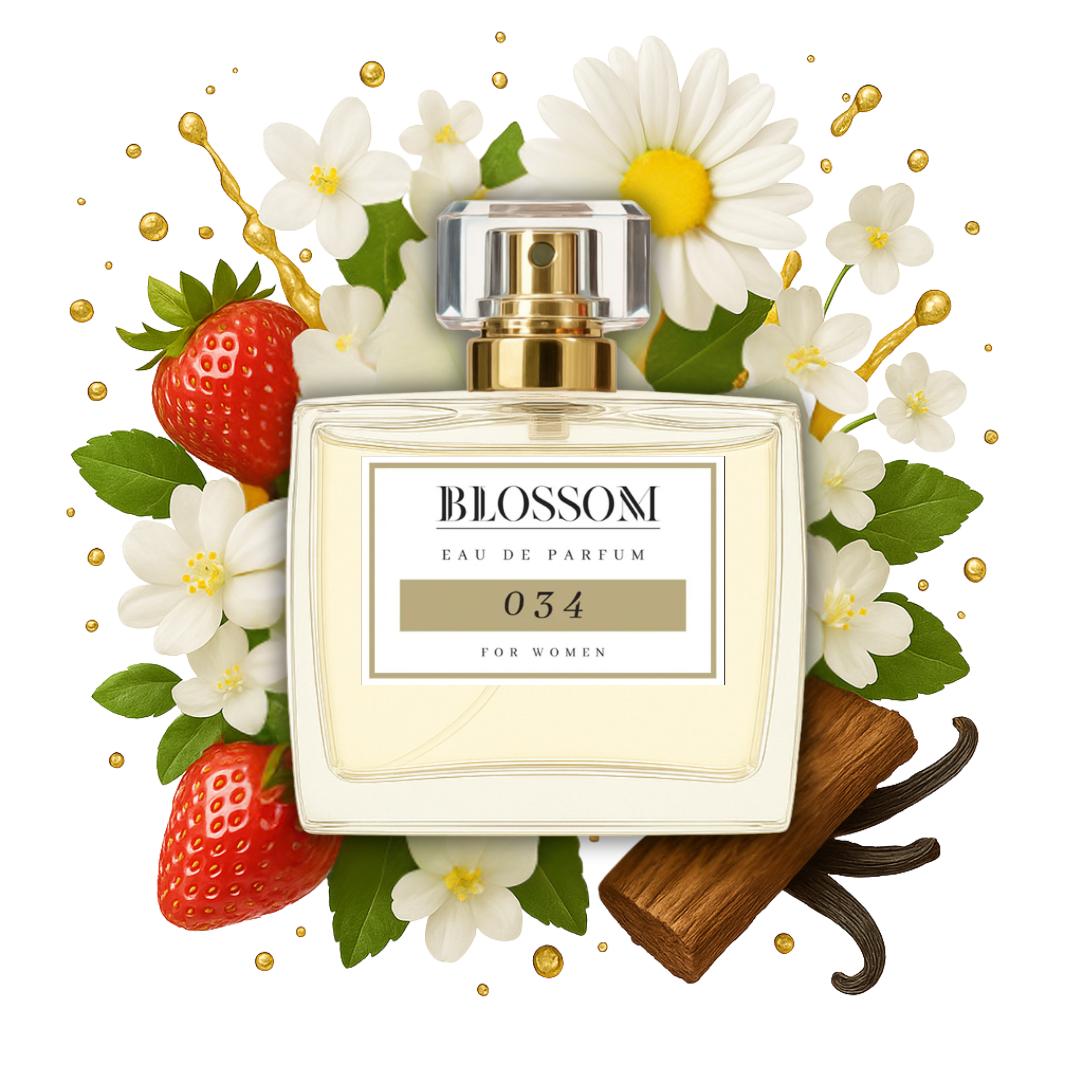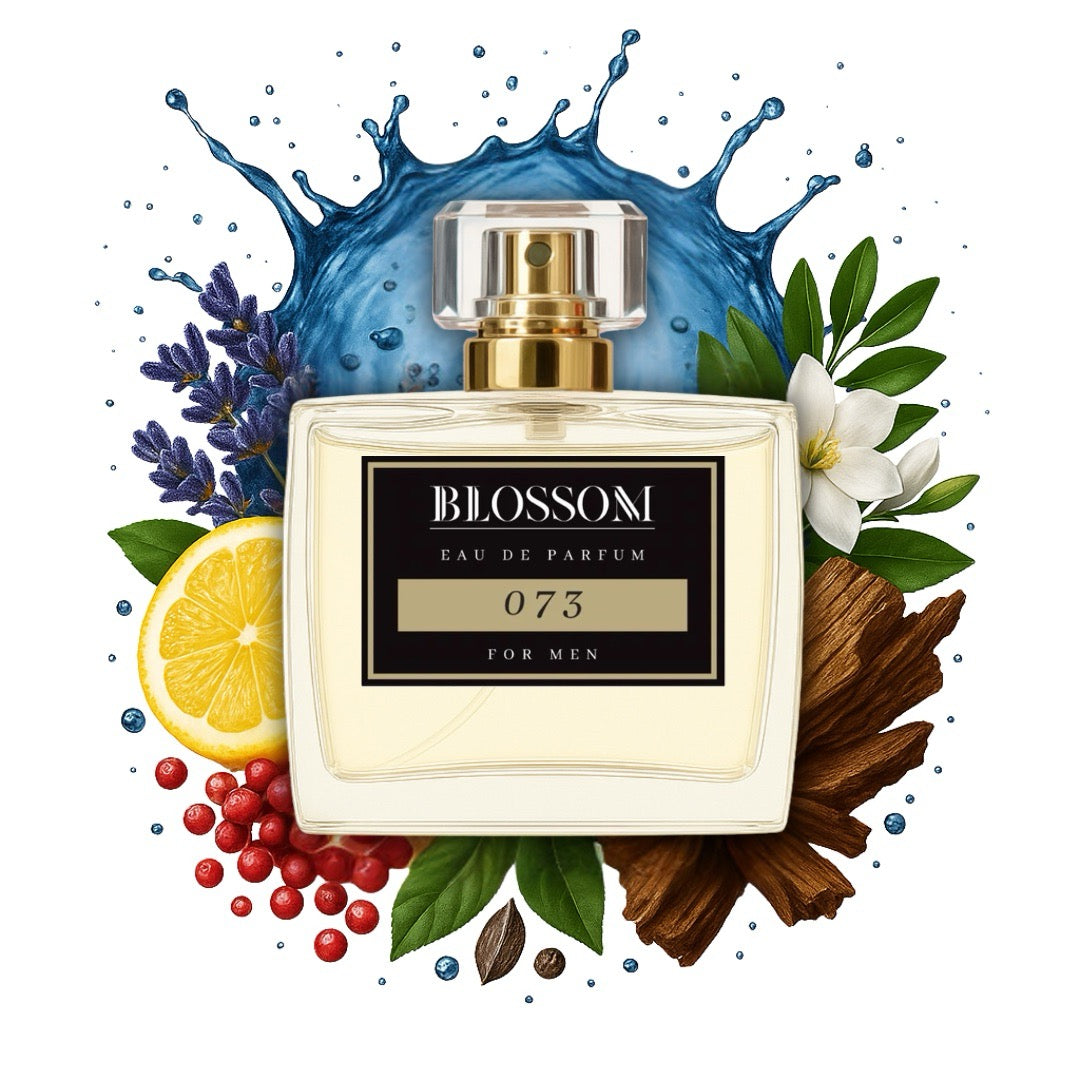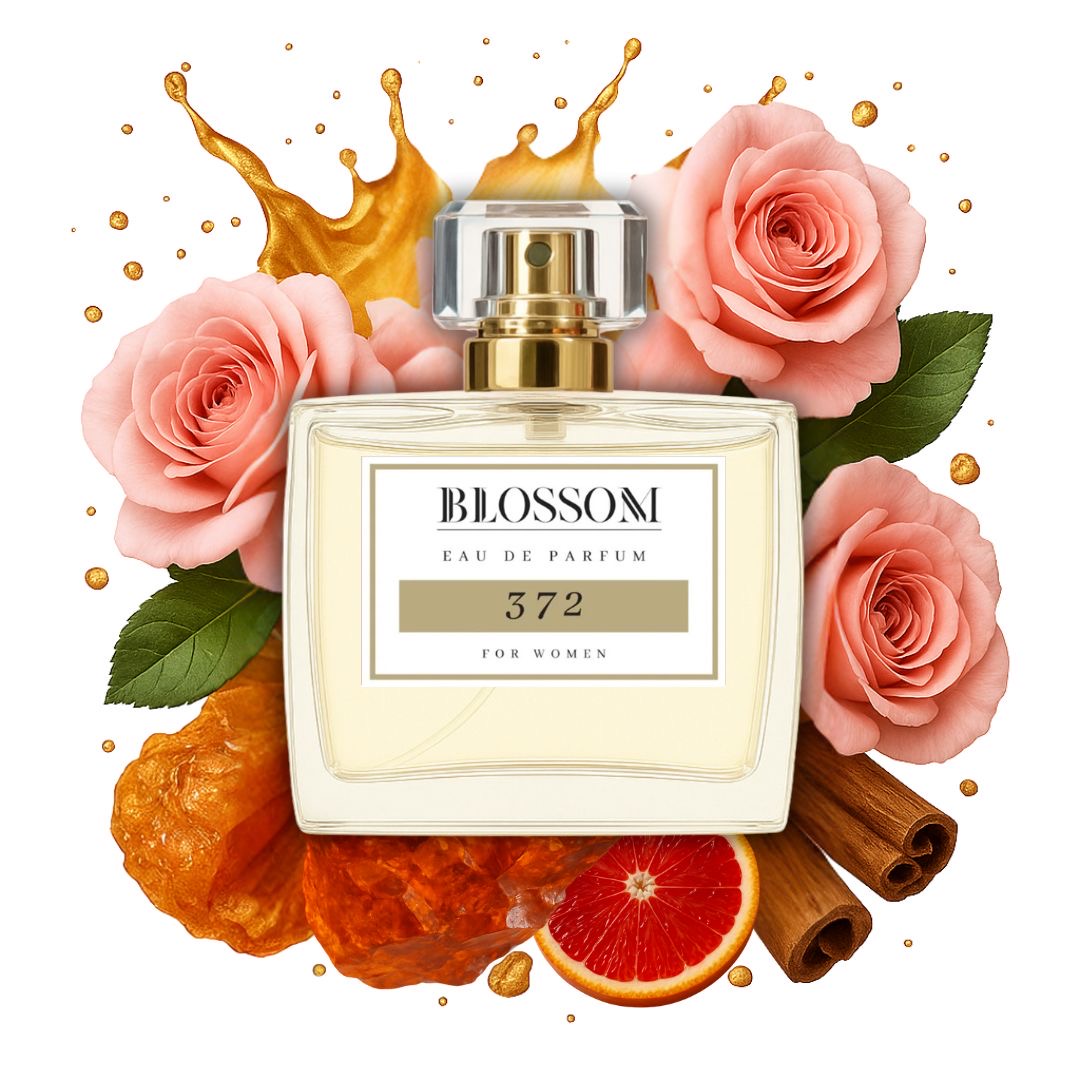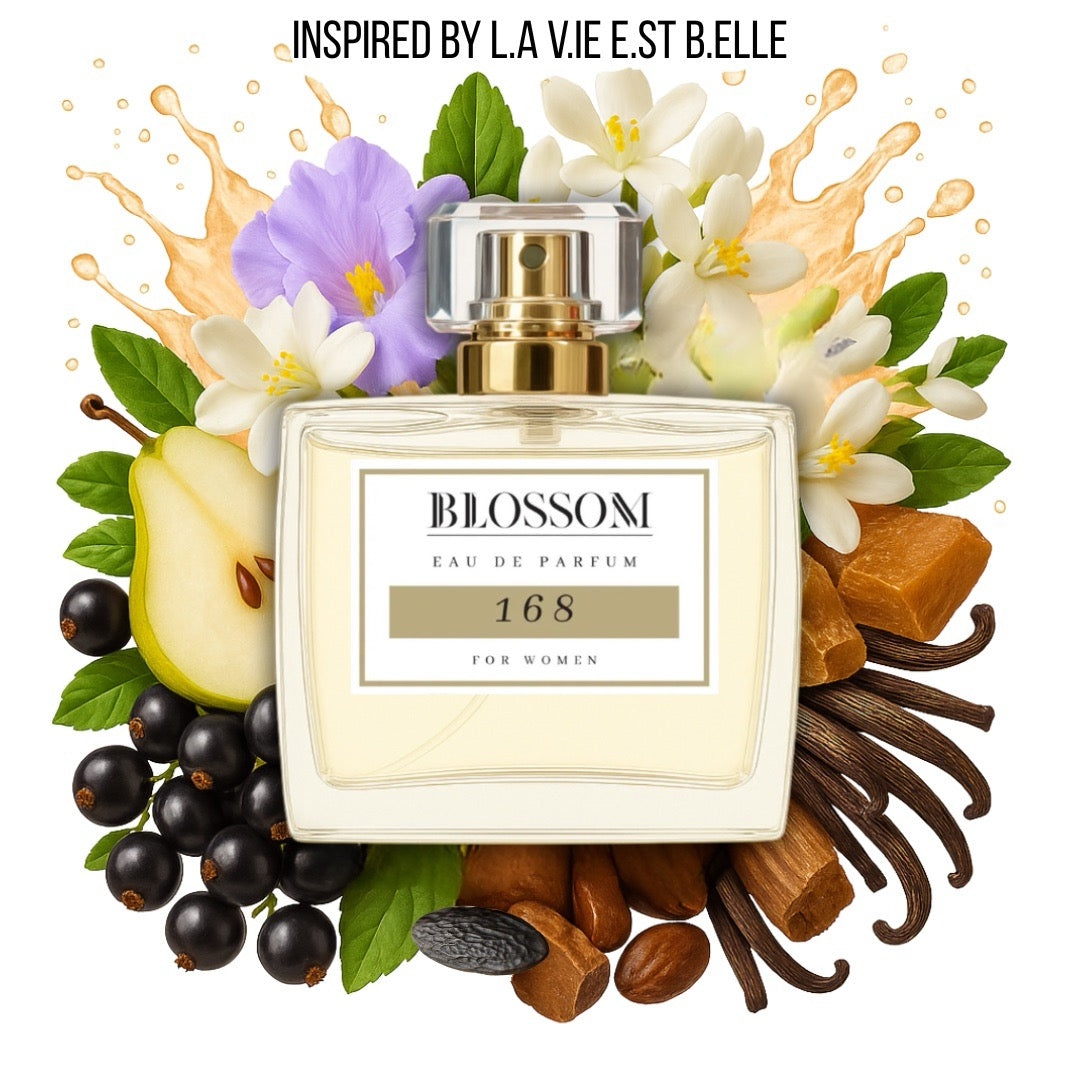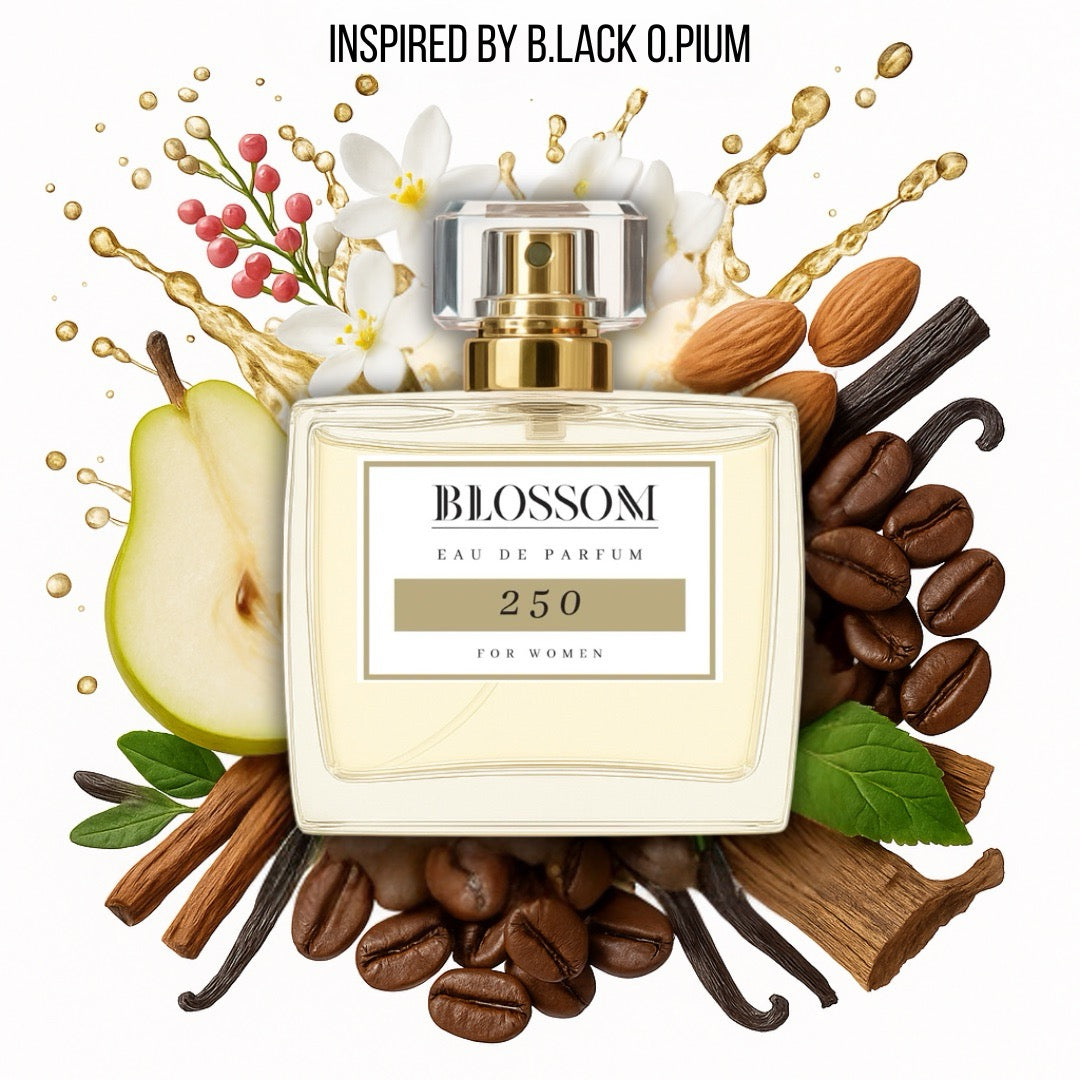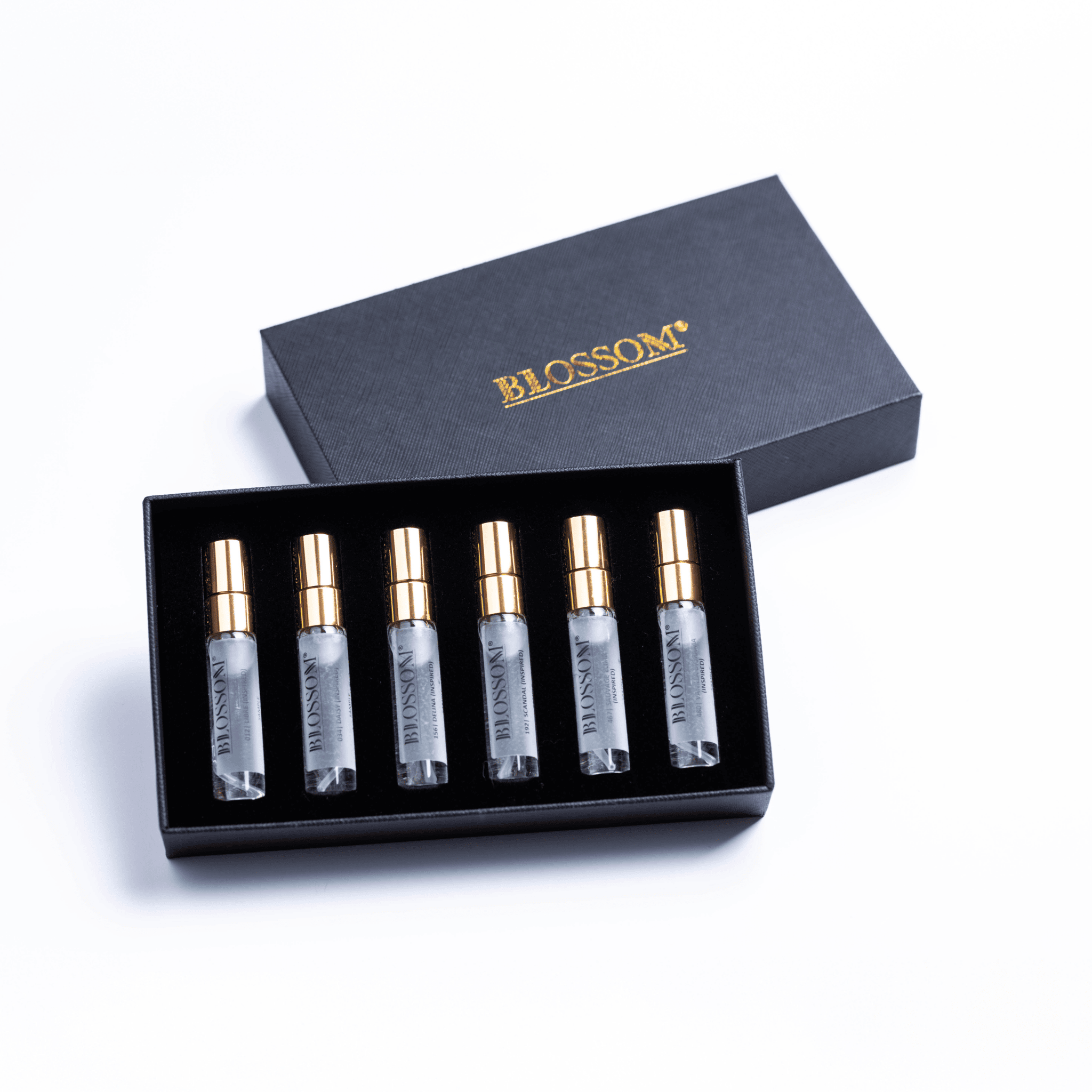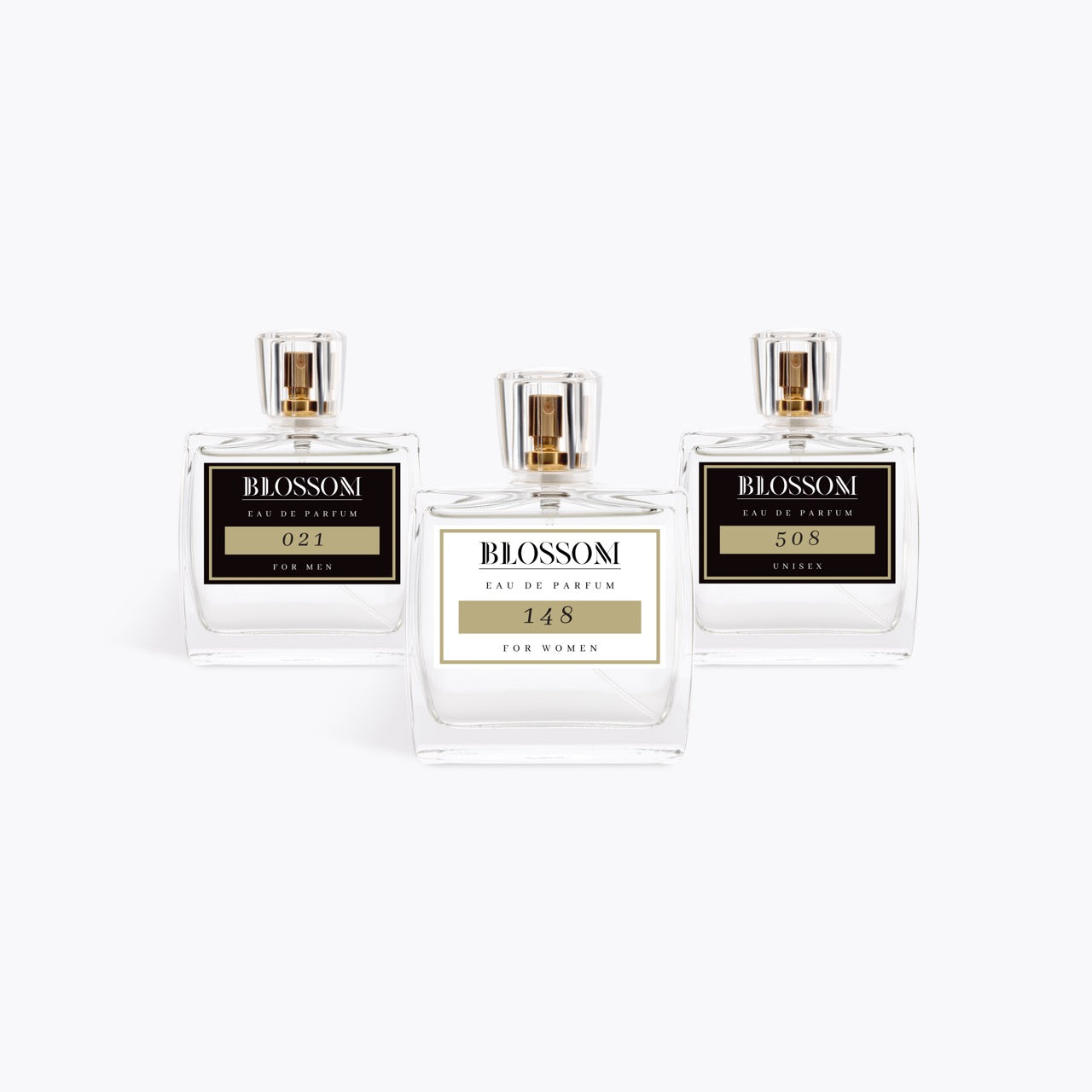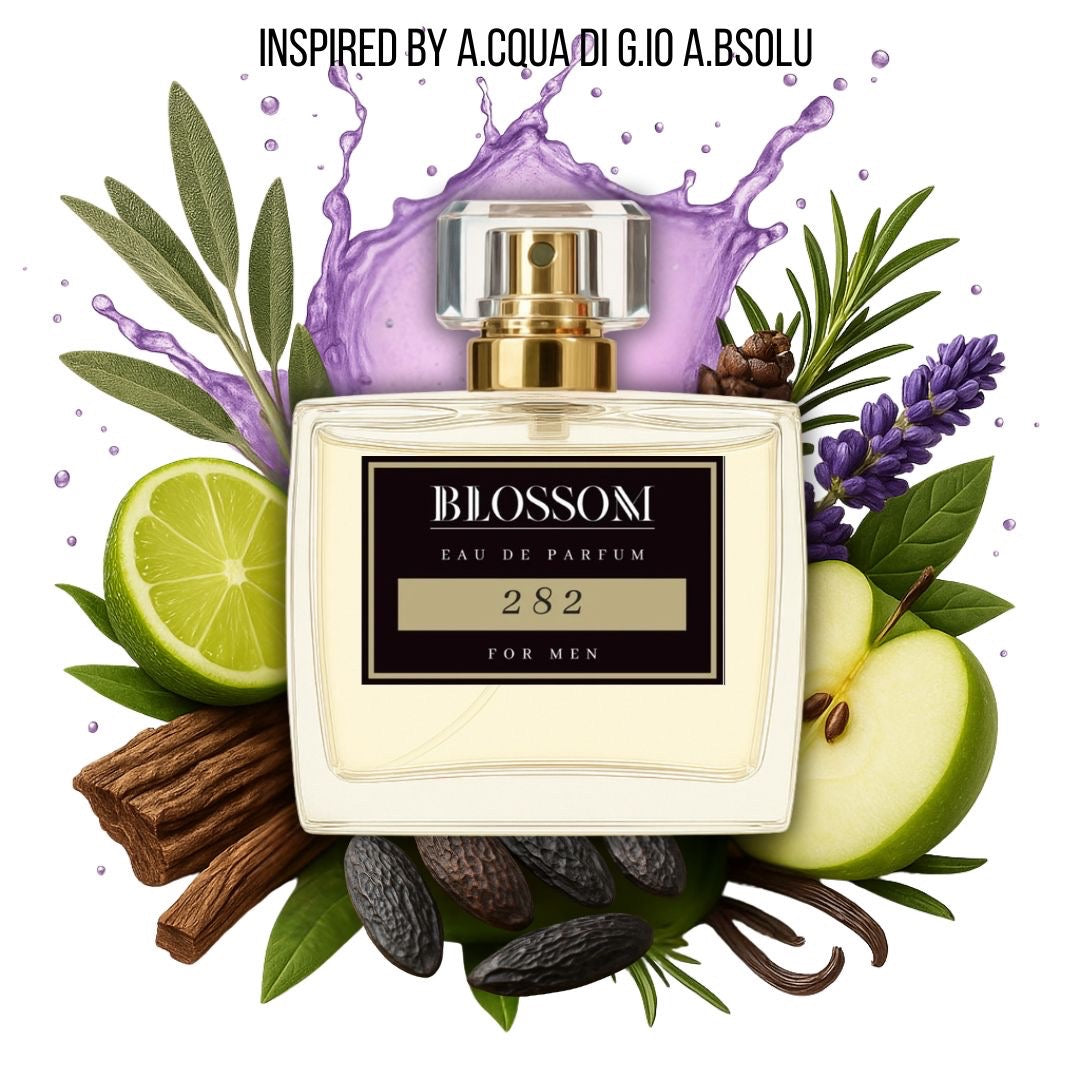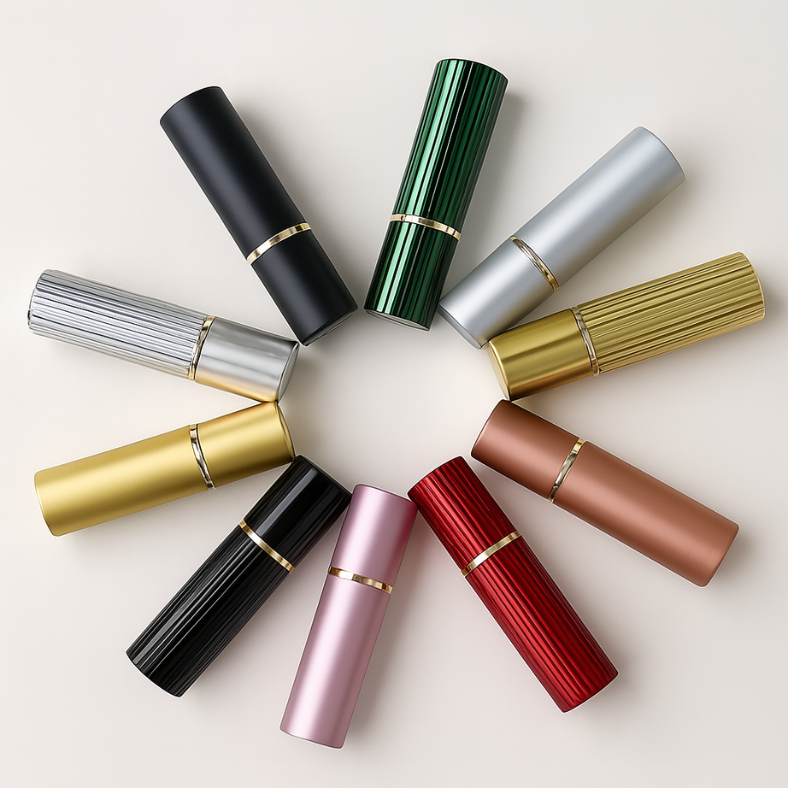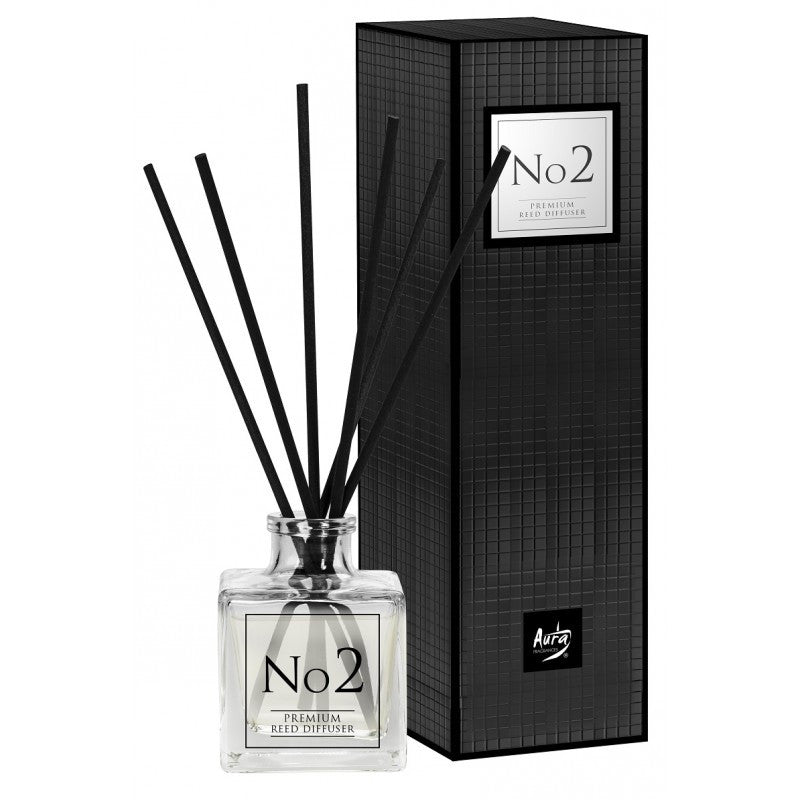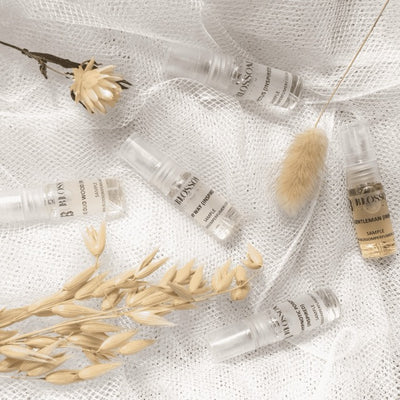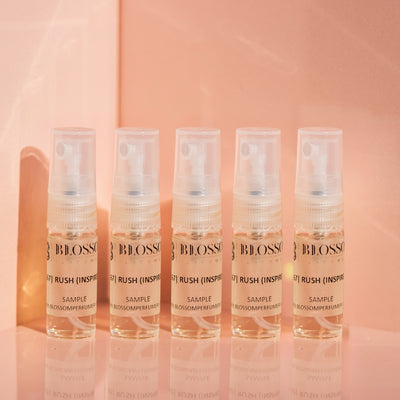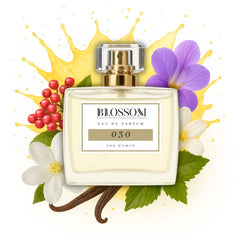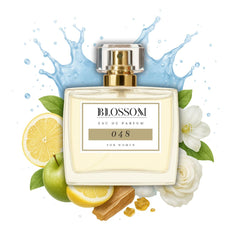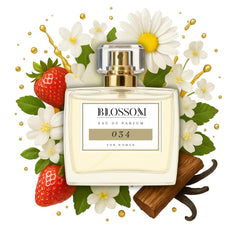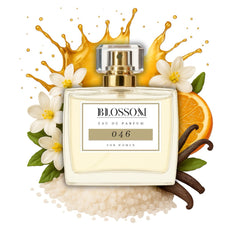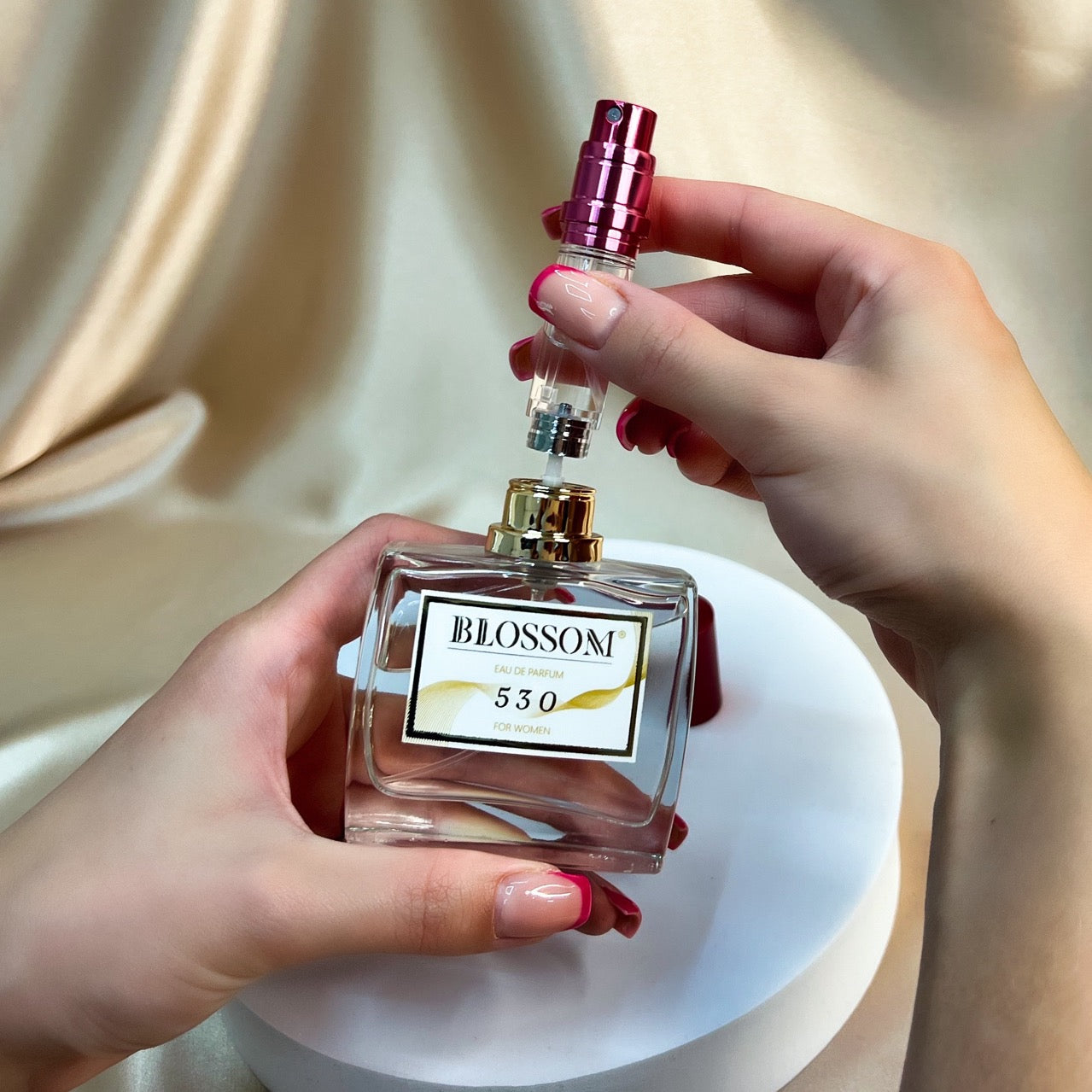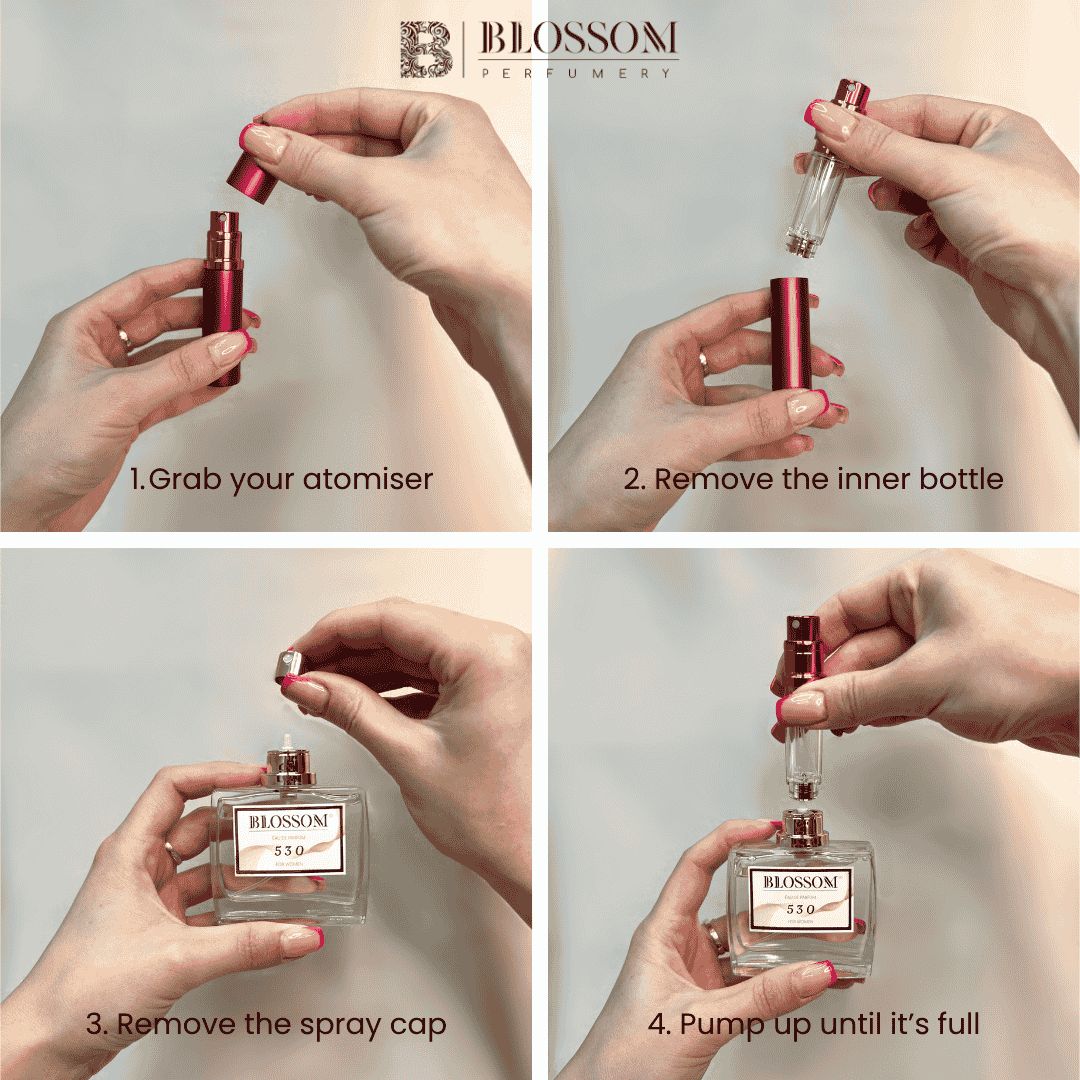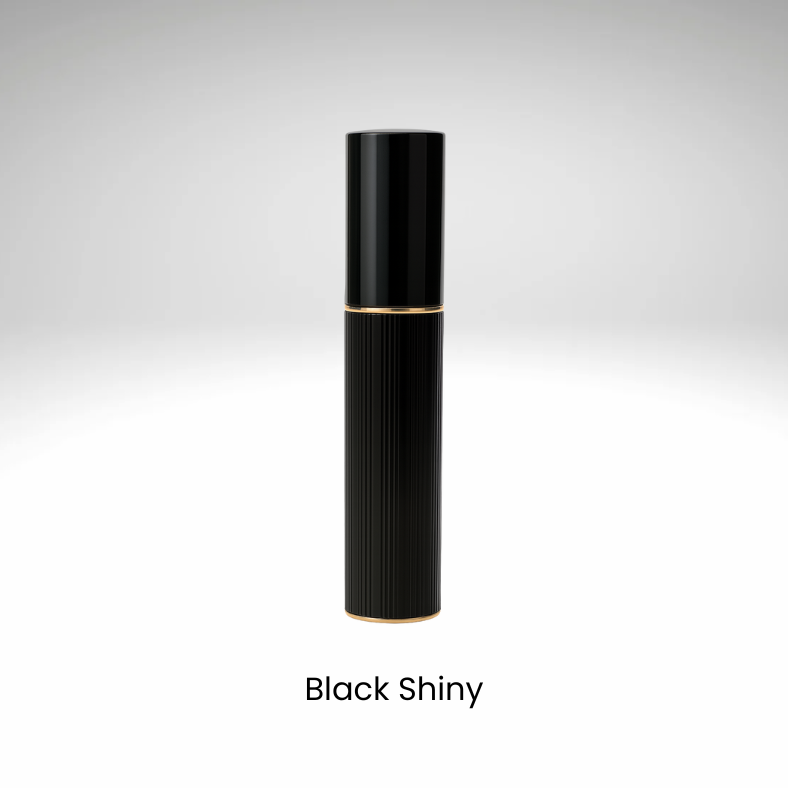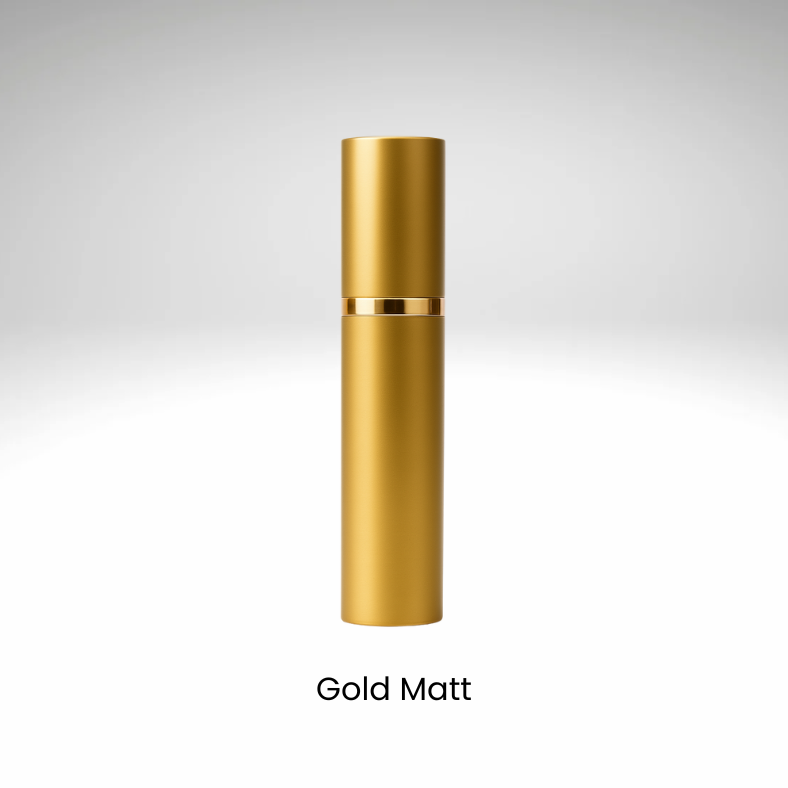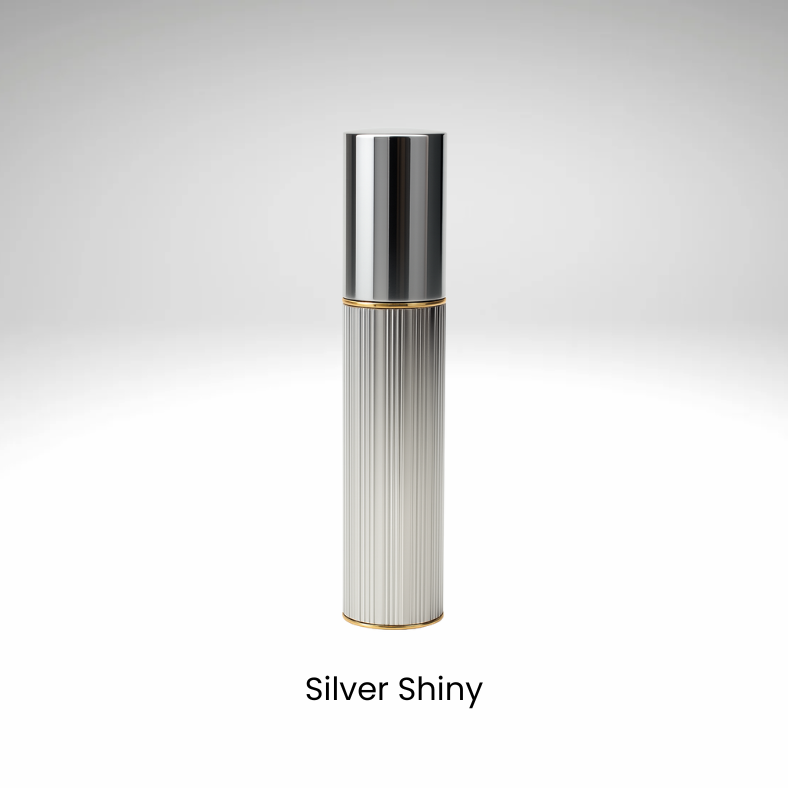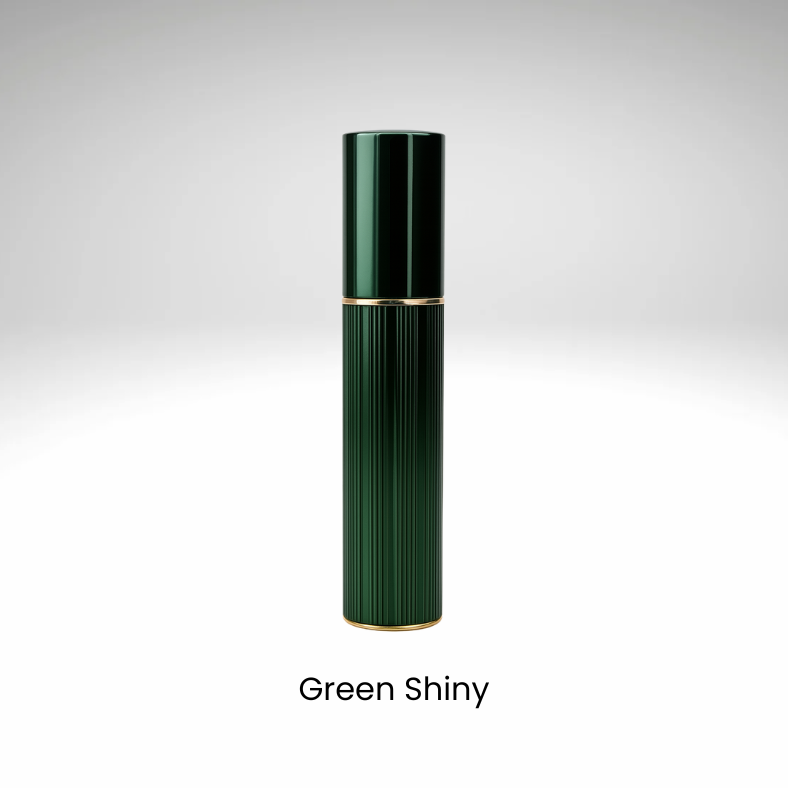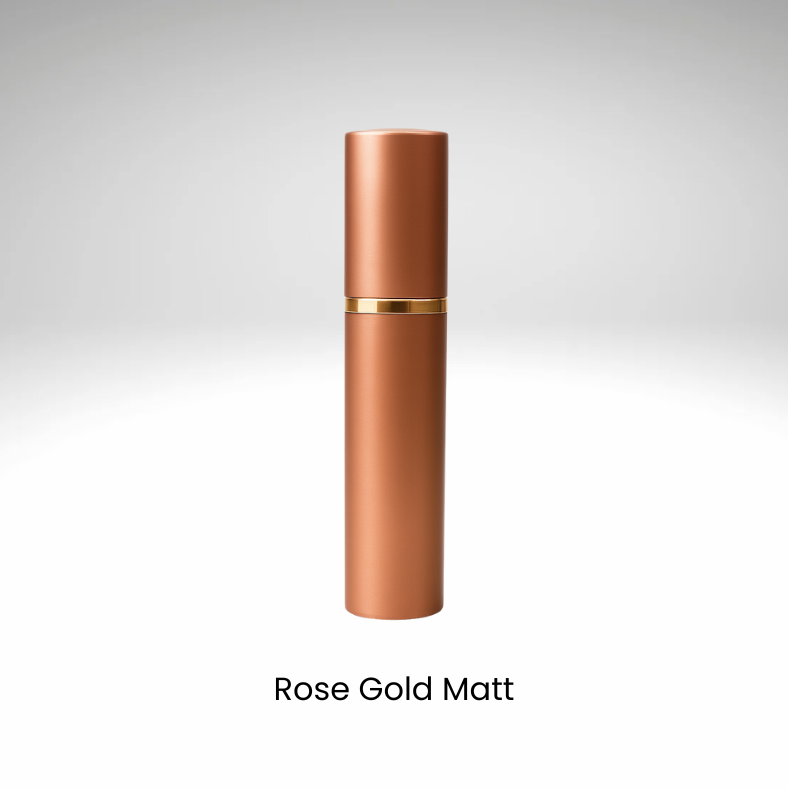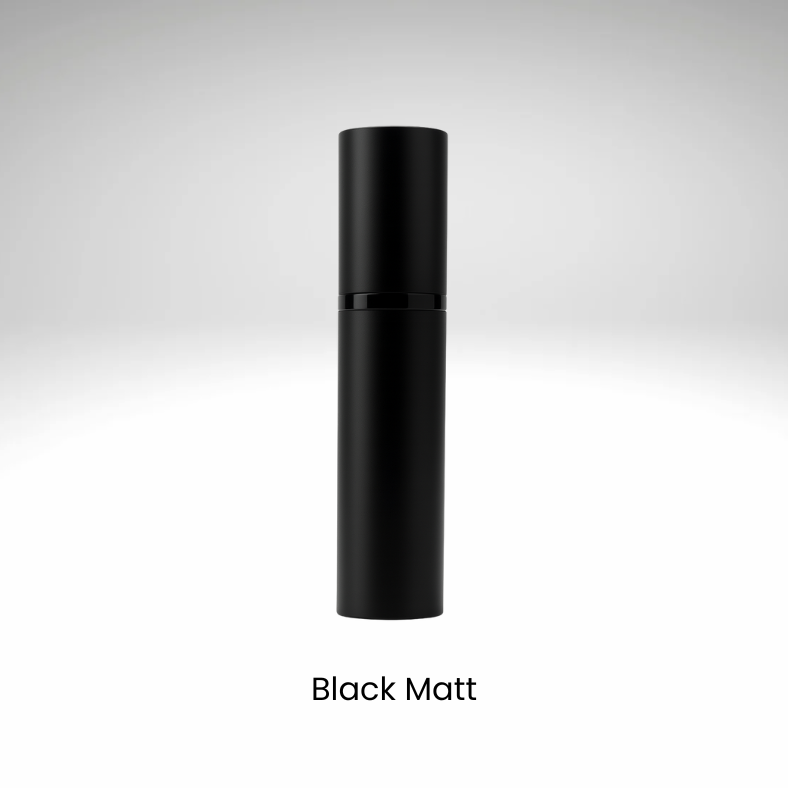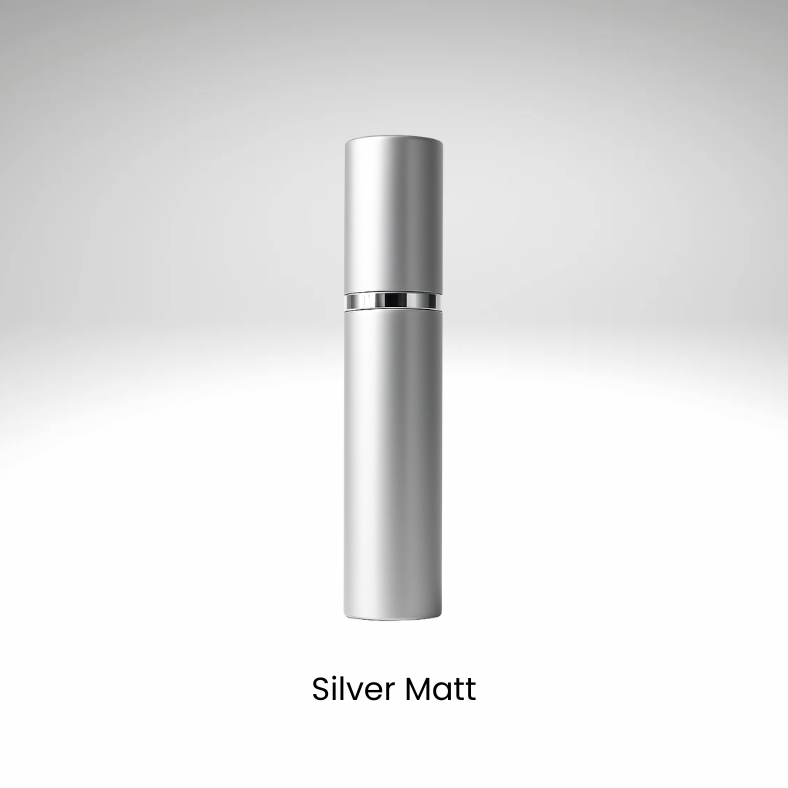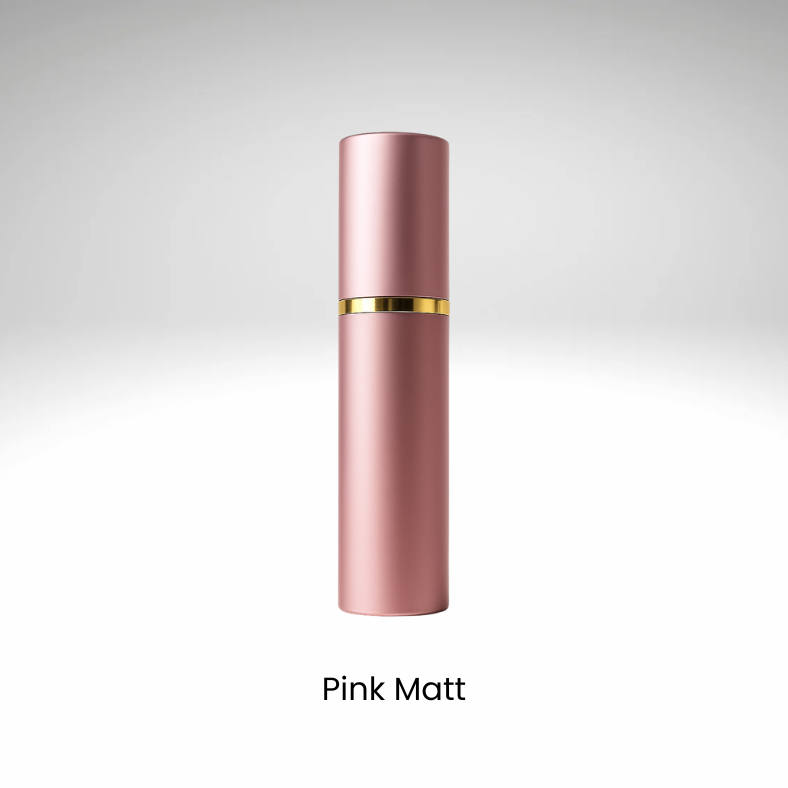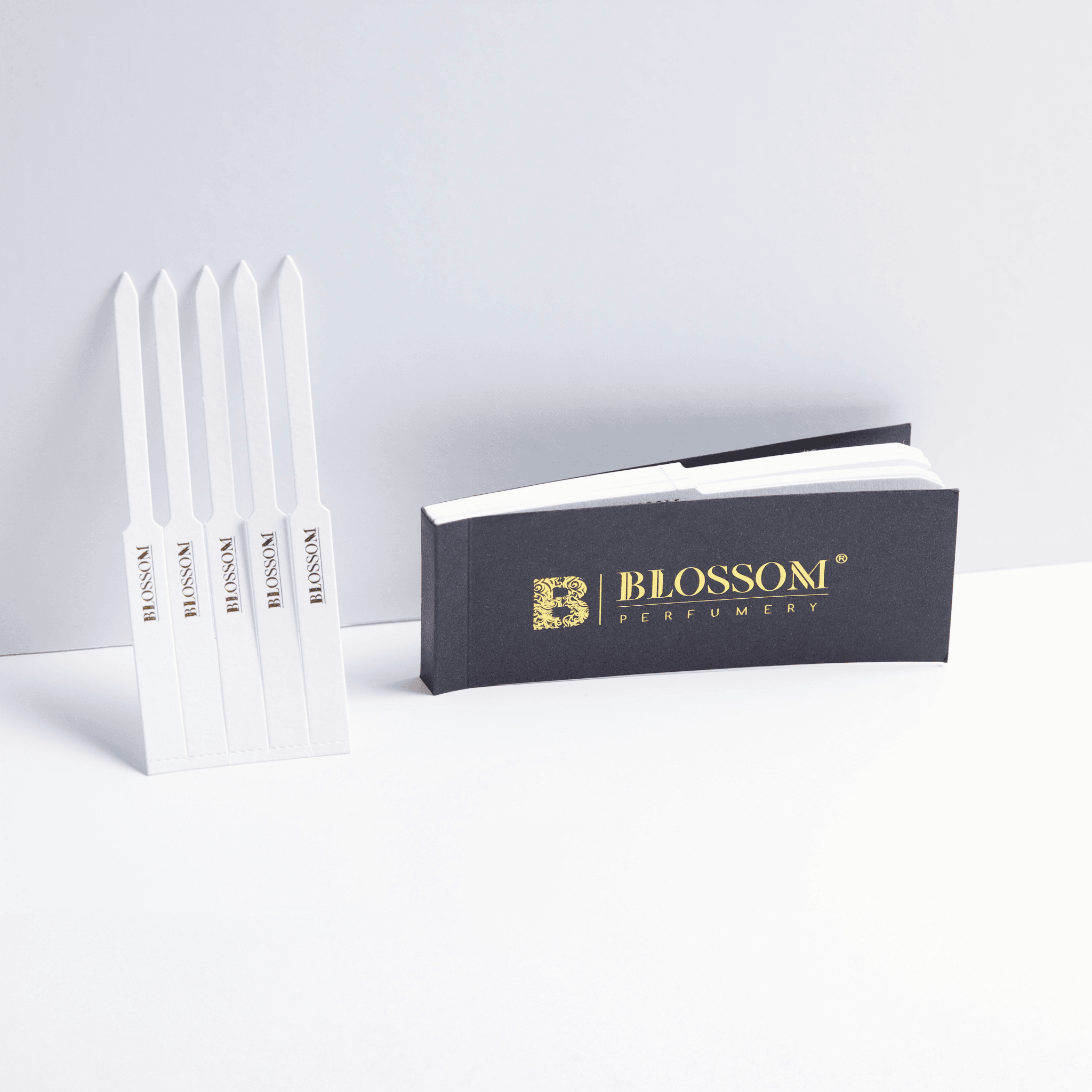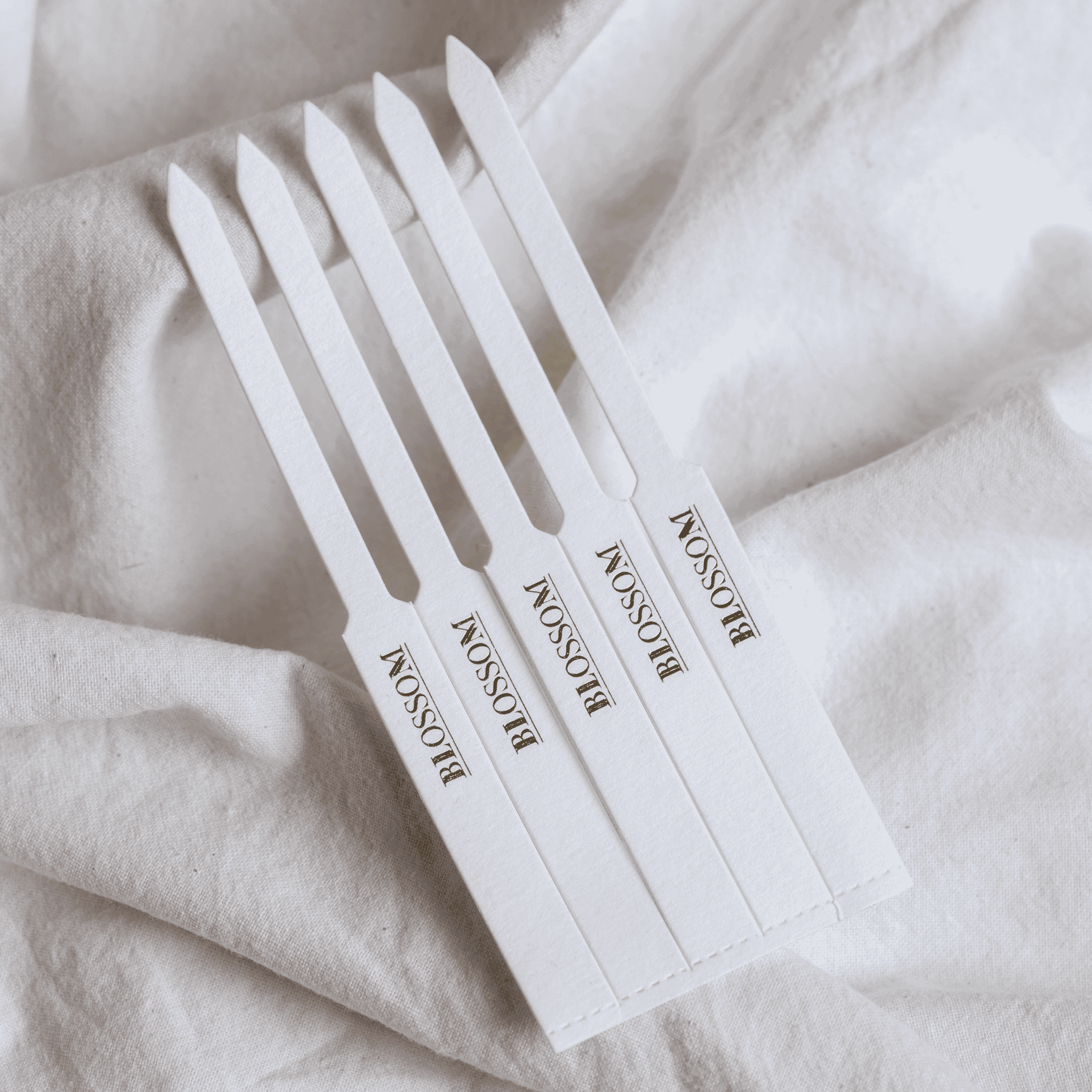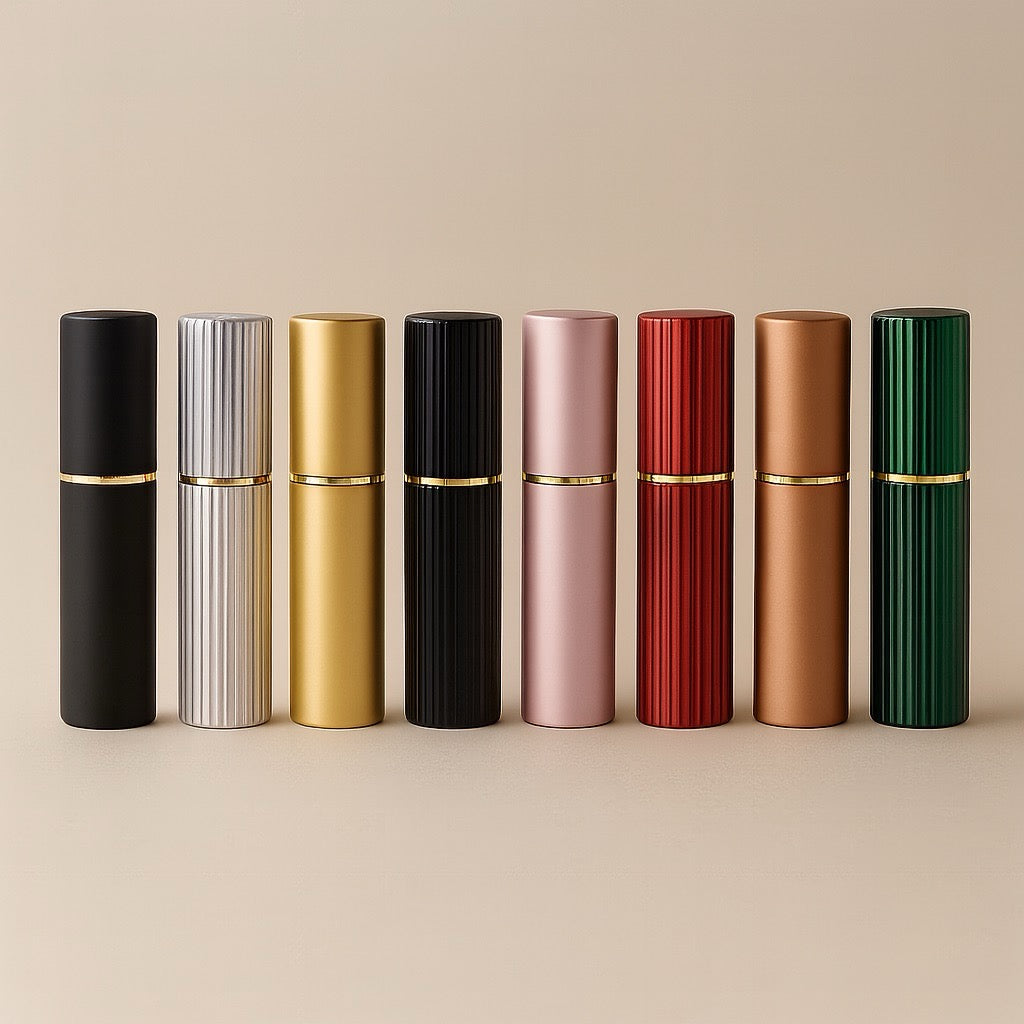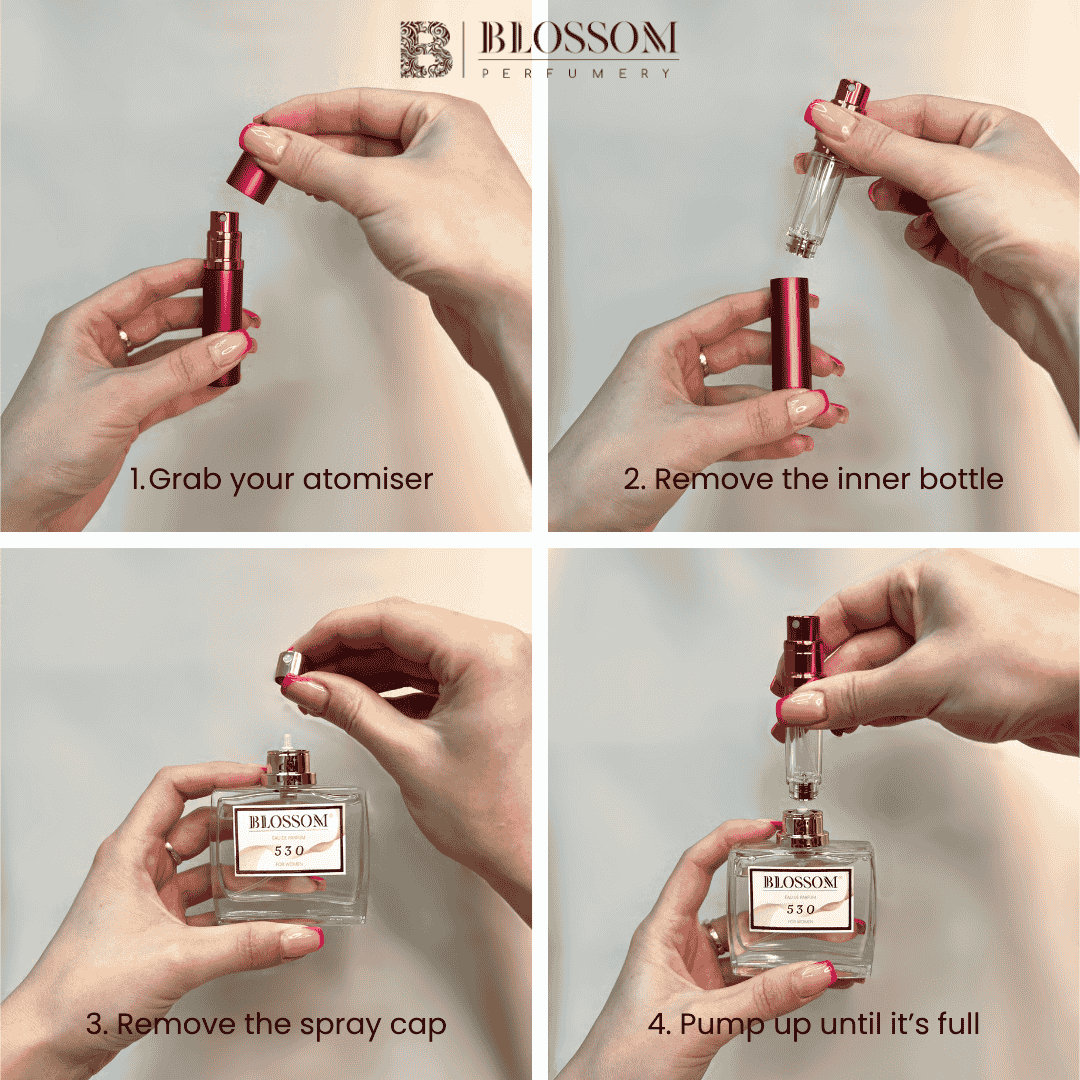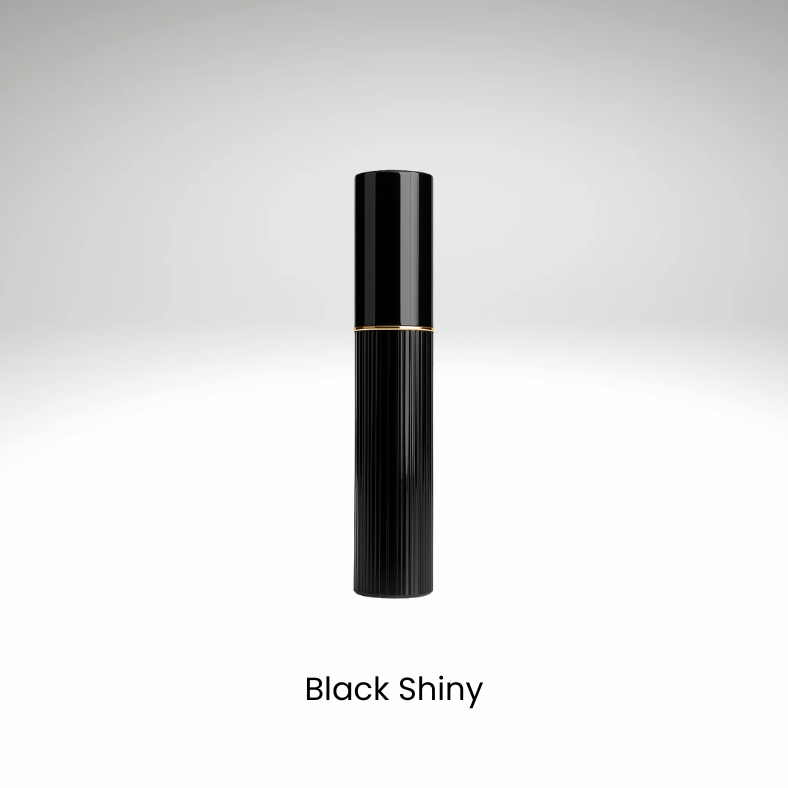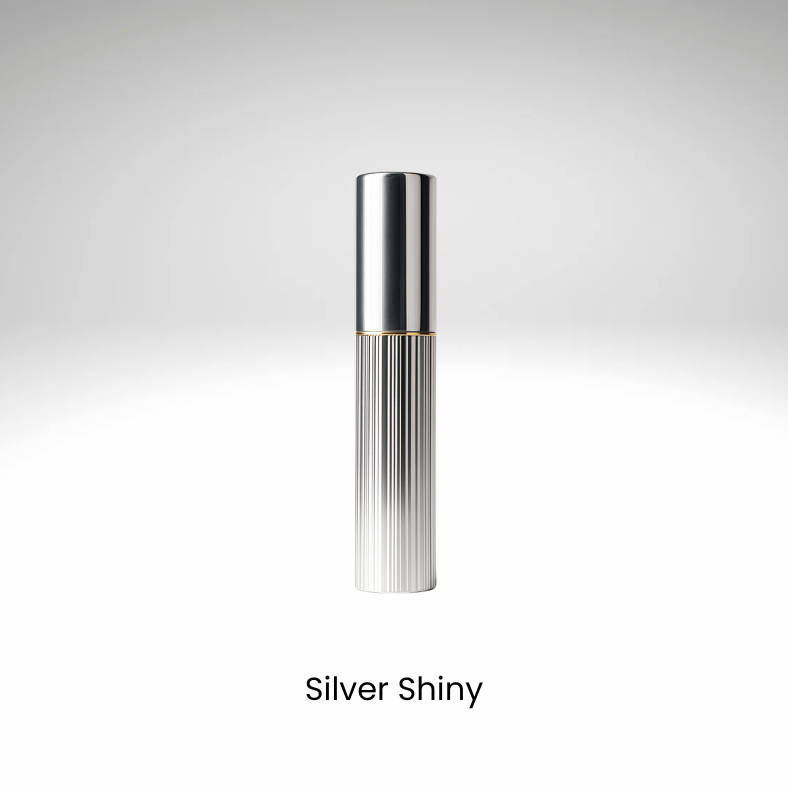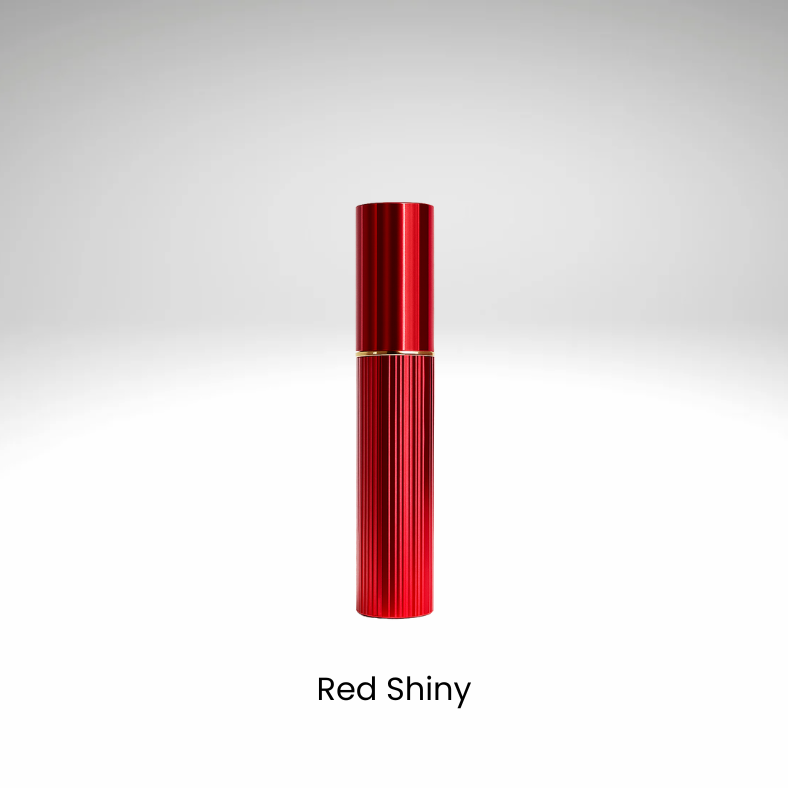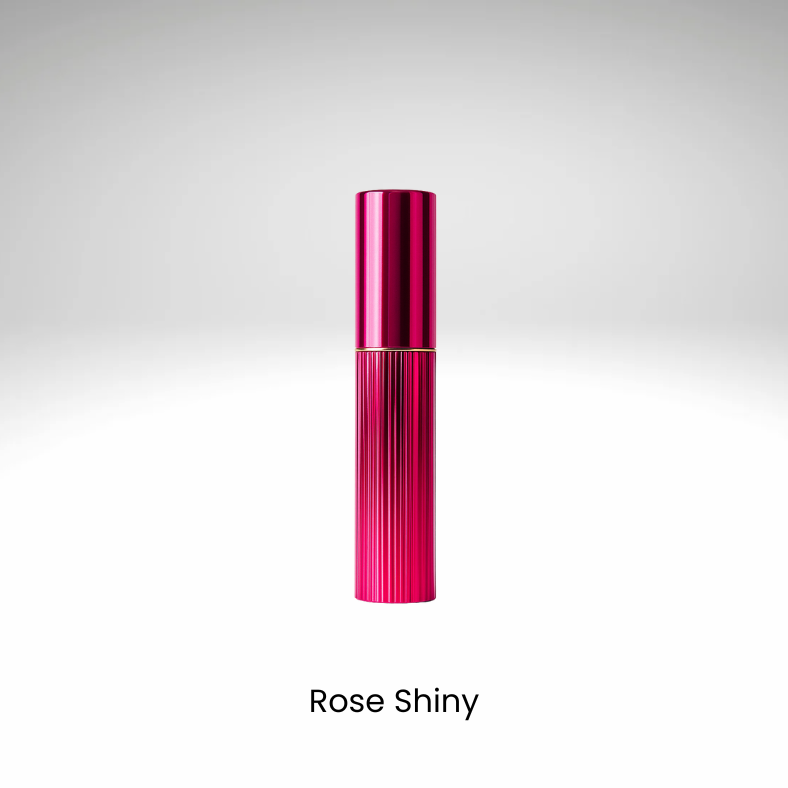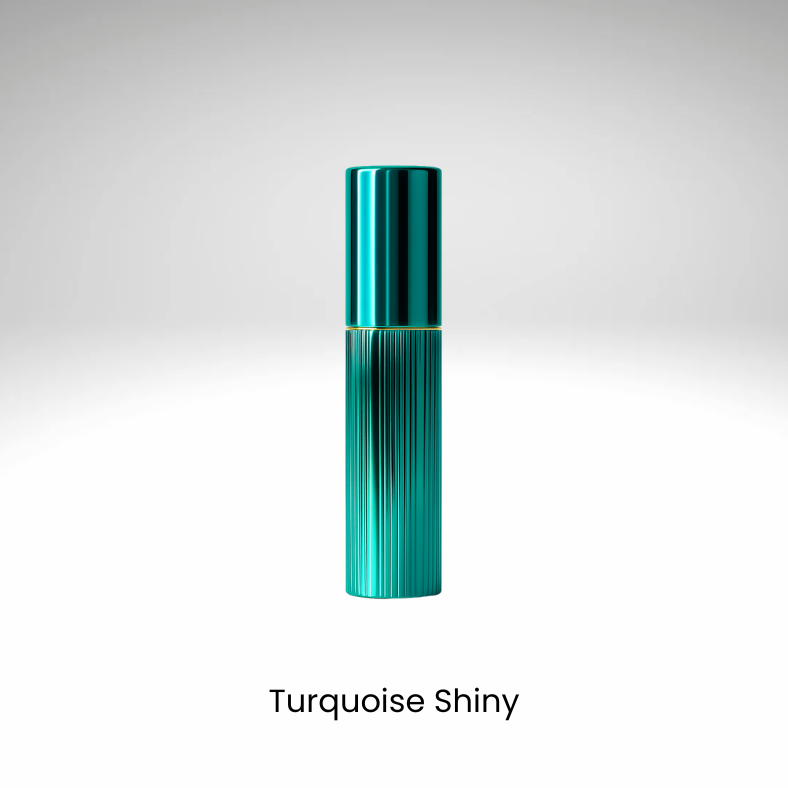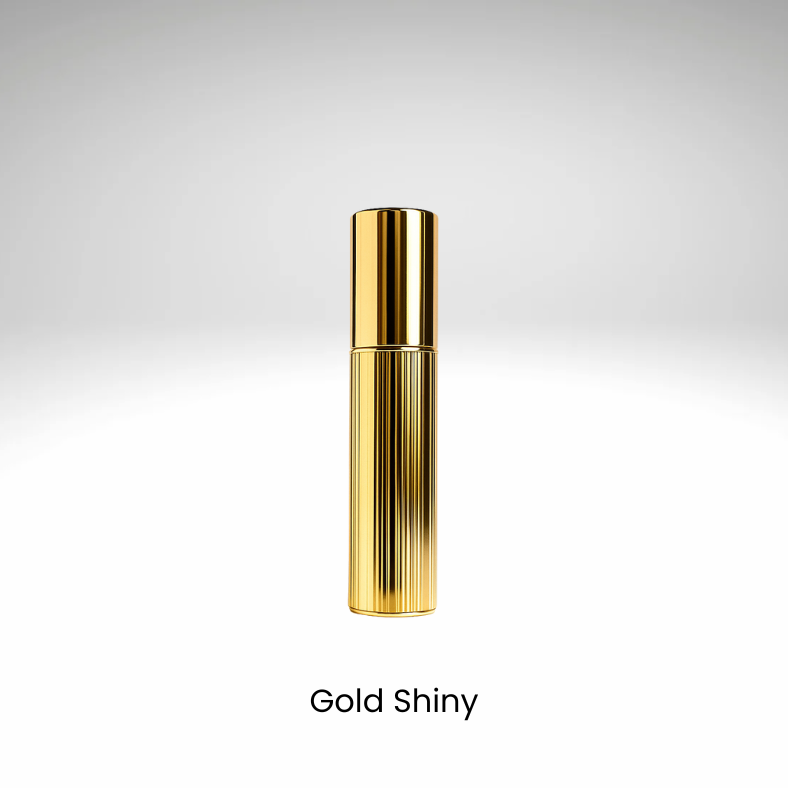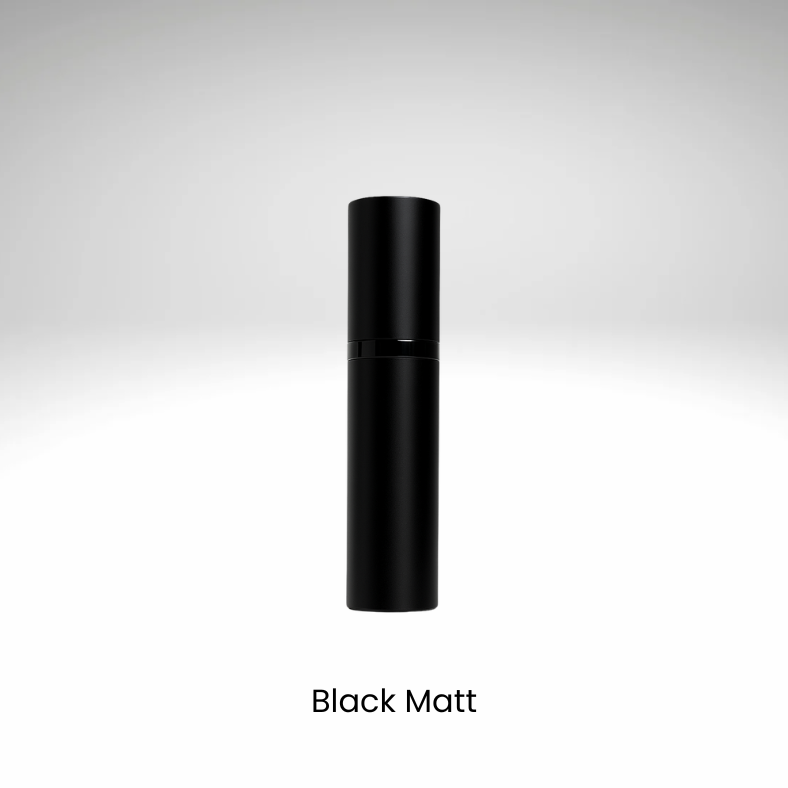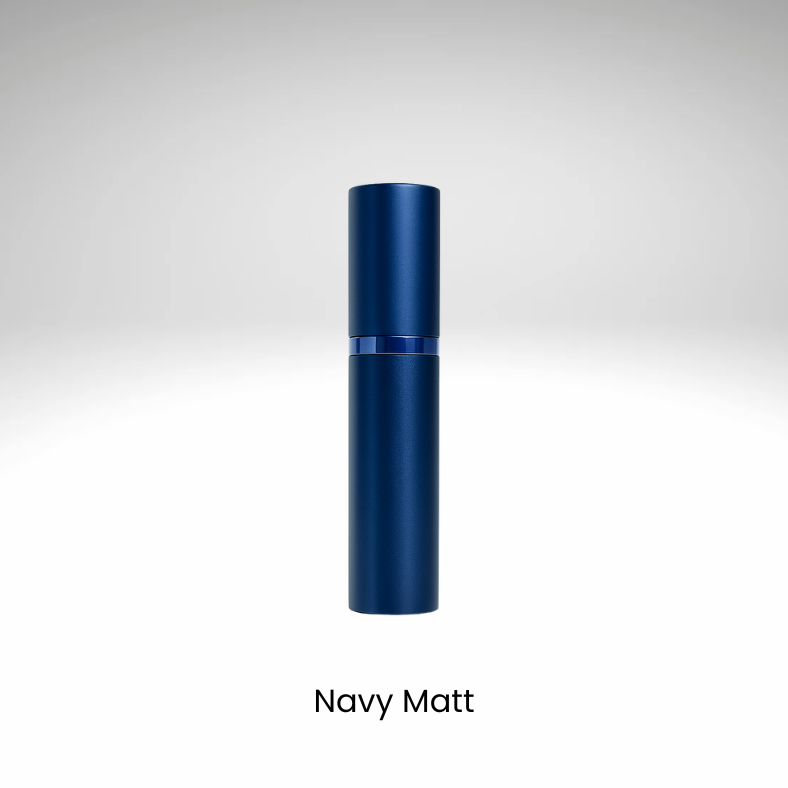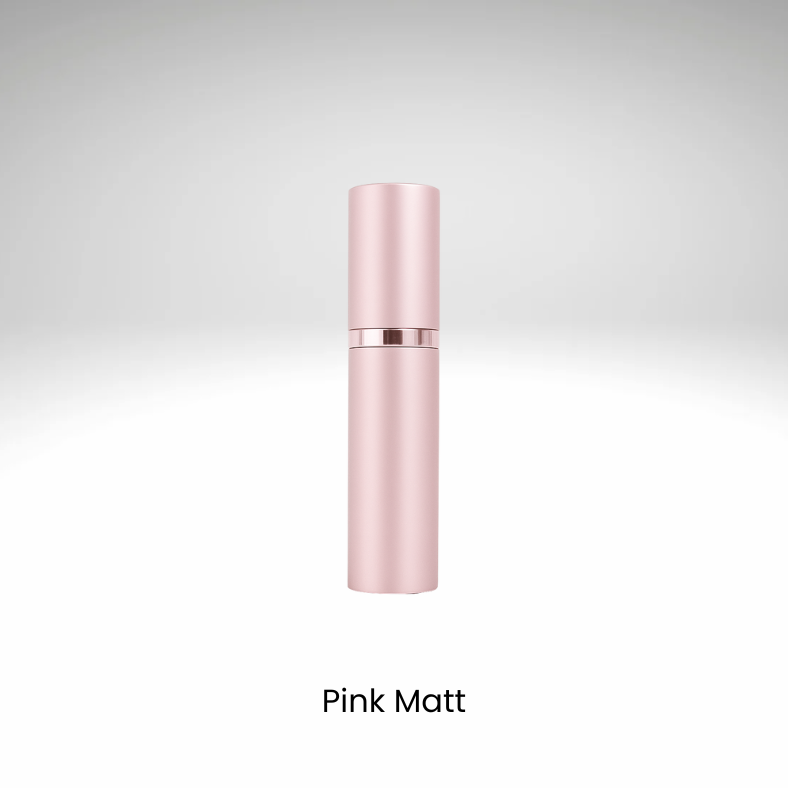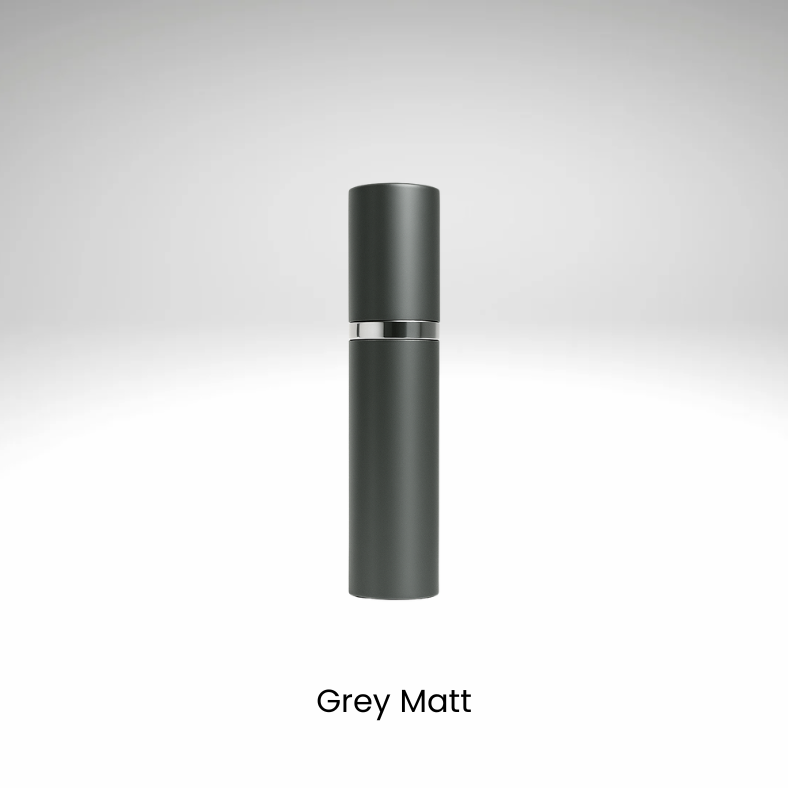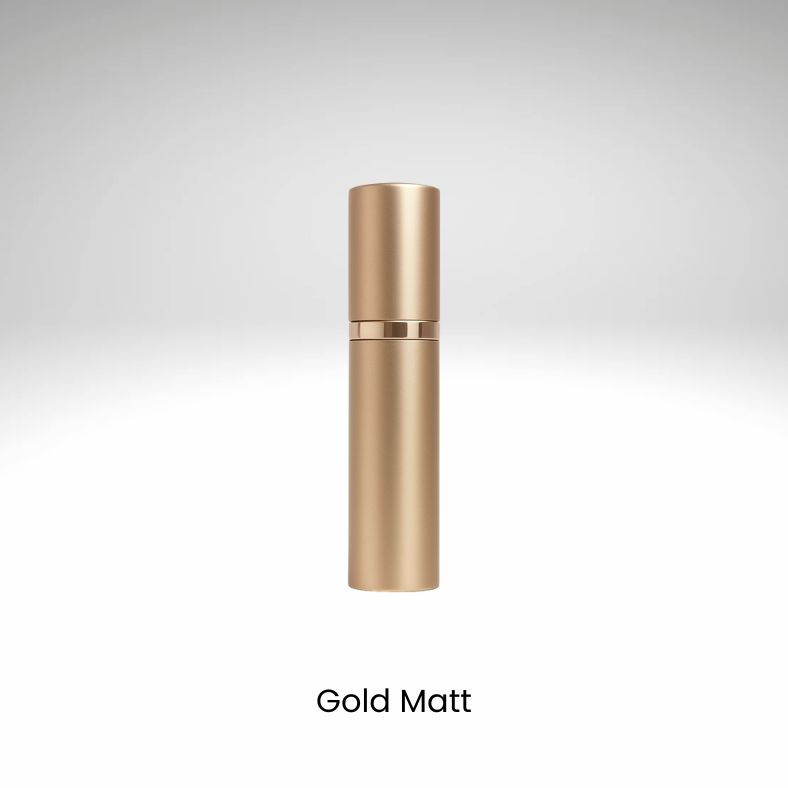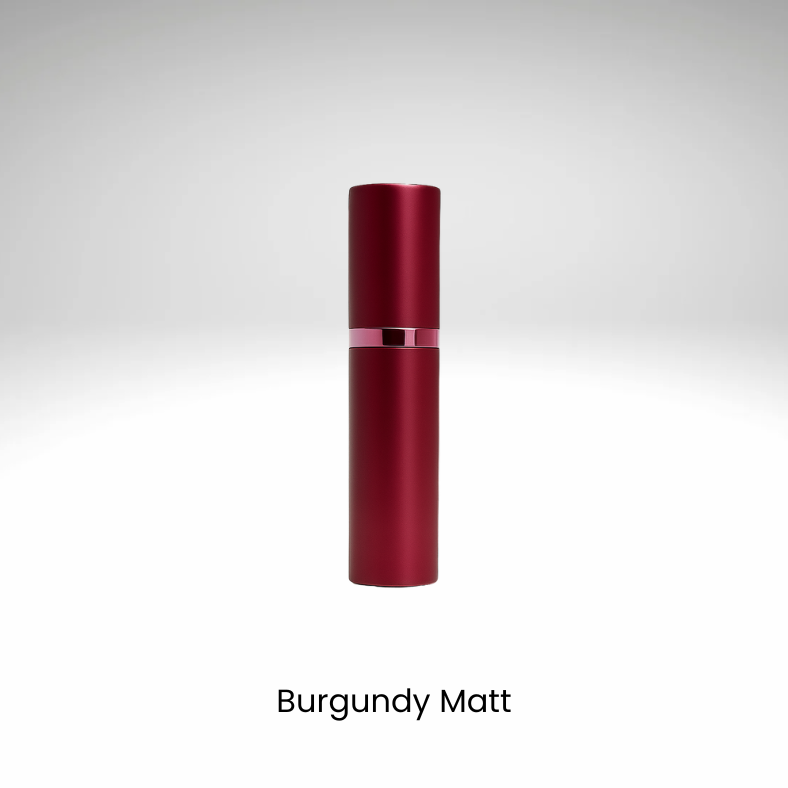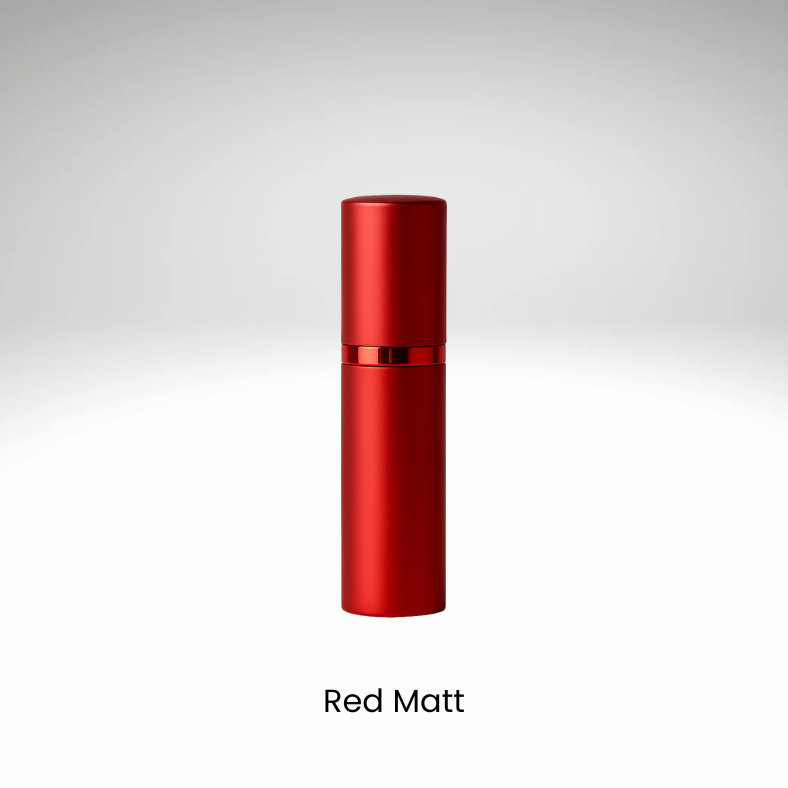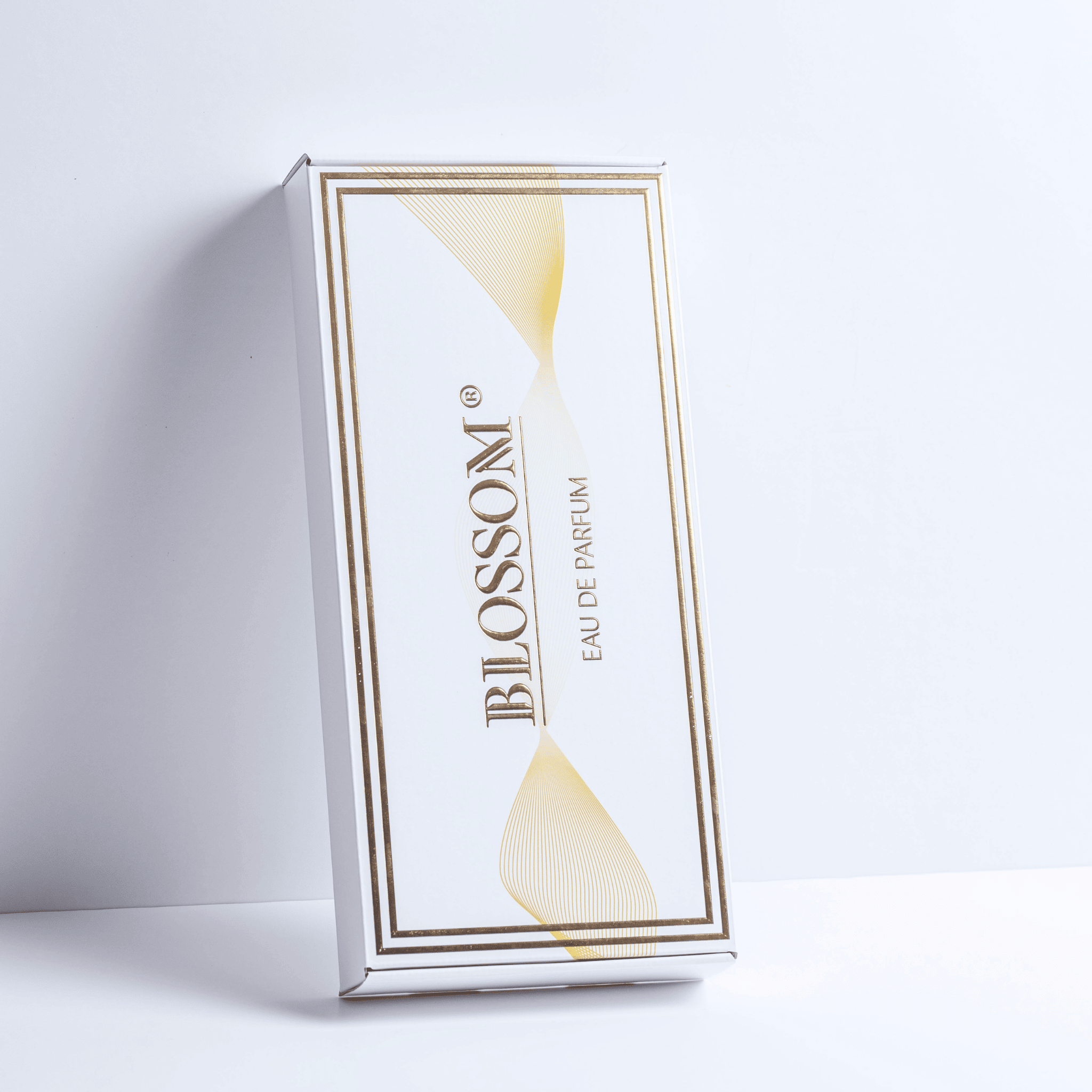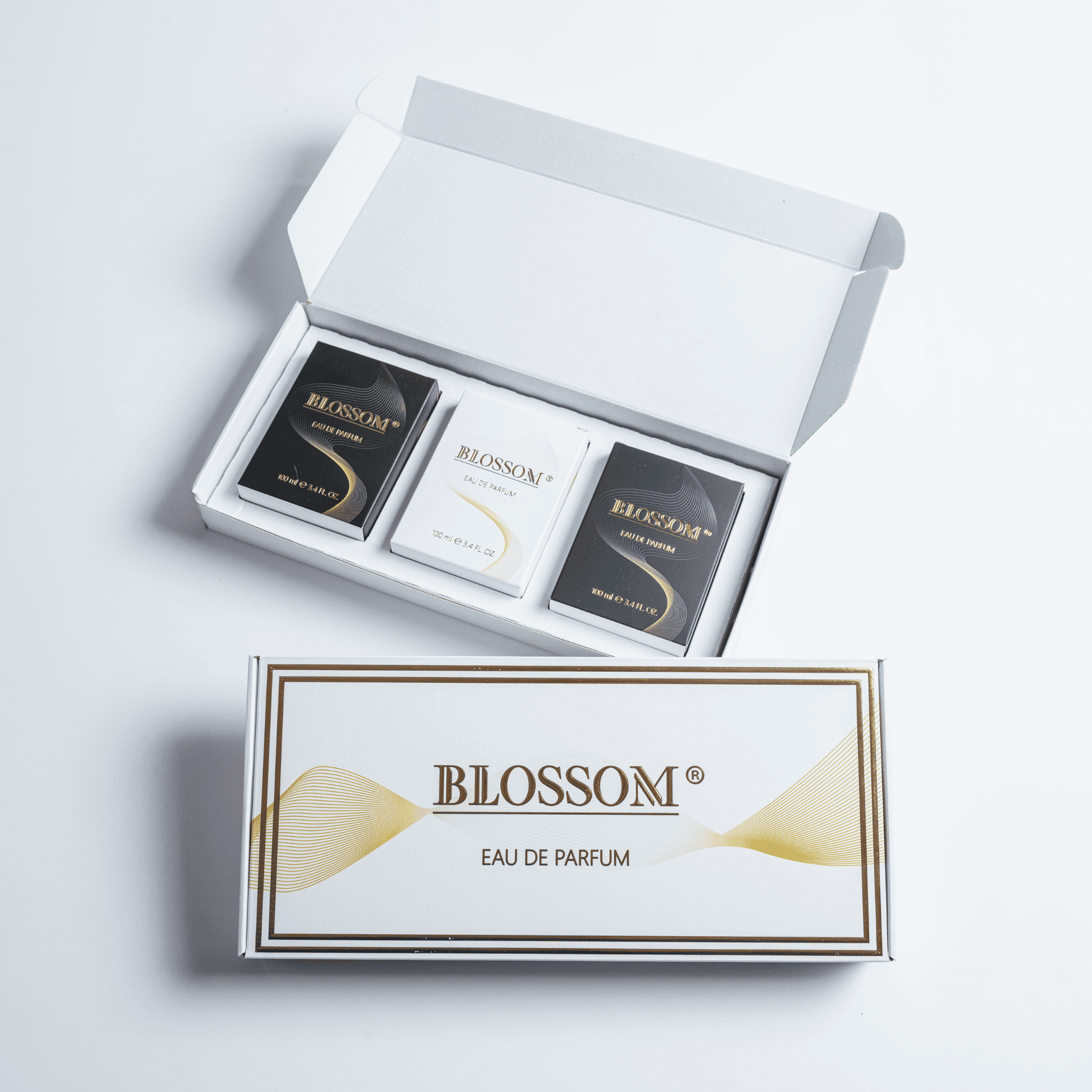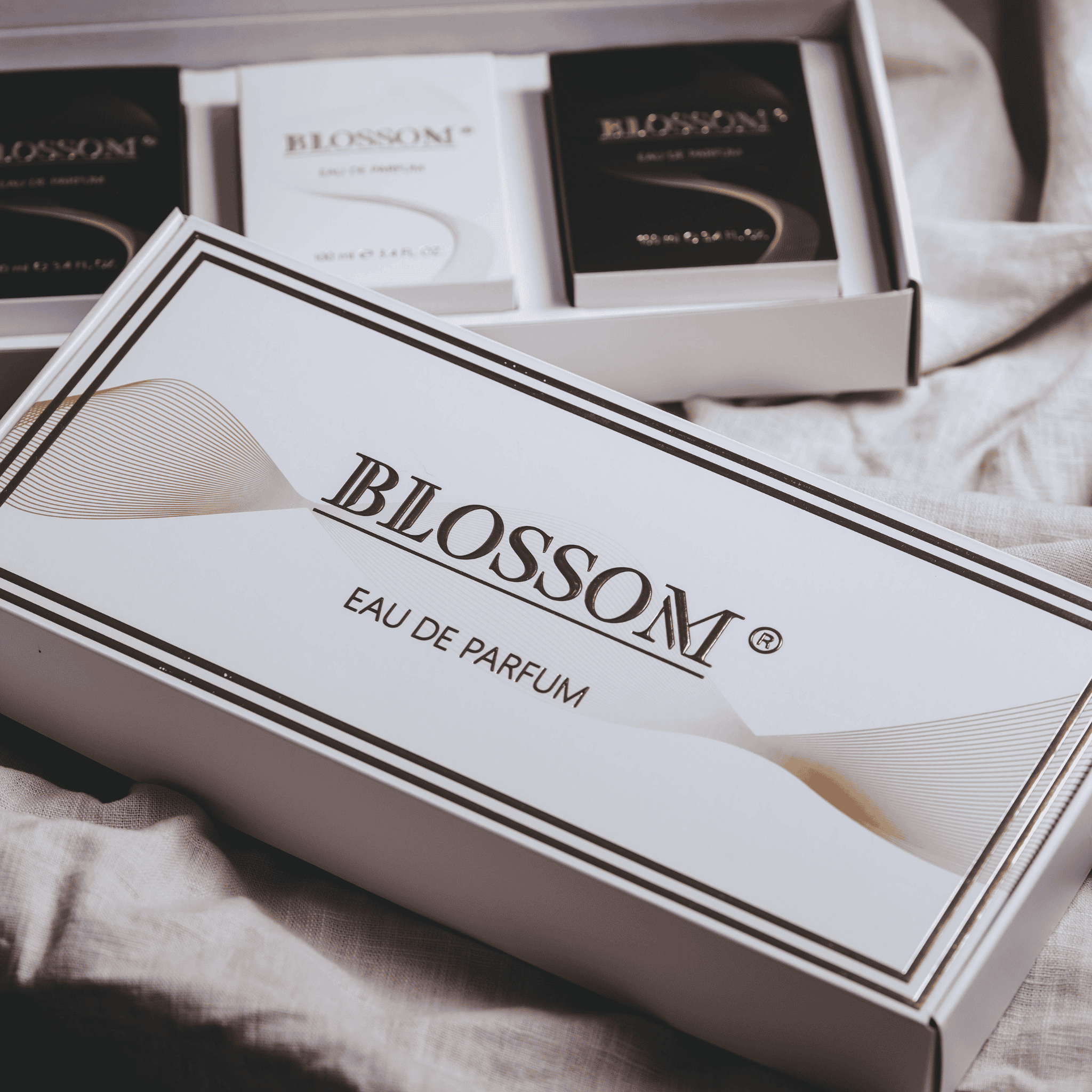Have you ever sprayed your favourite perfume in the morning, only to notice that by lunchtime it seems to have vanished into thin air—while your colleague swears you still smell amazing? You’re not alone. This common and slightly maddening experience has a name: nose blindness.
Also known in science-speak as olfactory fatigue, it’s your brain’s way of tuning out smells it’s been exposed to for a while. The fragrance hasn’t disappeared, and your perfume hasn’t suddenly lost its power—you’ve just stopped noticing it. And it isn’t exactly a bad thing!
In this article, we’ll dive into the science of why this happens, bust a few perfume myths, and share practical tips to help you enjoy your fragrance to the fullest (without drenching yourself in half the bottle).
What Is Nose Blindness (Olfactory Fatigue)?
Nose blindness is the everyday term for olfactory fatigue—a temporary and perfectly normal loss of sensitivity to a scent you’ve been smelling for a while. Your nose still works, and the scent molecules are still floating around, but your brain has decided they’re no longer “breaking news.”
Here’s the science in a nutshell: when you first encounter a smell, special receptor cells in your nose send signals to your brain. The brain flags the scent as important—ah yes, fresh coffee, let’s pay attention! But after constant exposure, those signals get weaker. Your brain filters the scent into the background, much like how you stop noticing the sound of a ticking clock.
Nose blindness is different from medical conditions like anosmia (a total loss of smell) or hyposmia (a reduced ability to smell). Nose blindness is short-term, reversible, and part of a healthy olfactory system. Put simply: if you can’t smell your own perfume anymore—your brain is doing exactly what it’s supposed to do.
Why Can’t We Smell Our Own Perfume Anymore?
There’s more than one culprit behind nose blindness. While the brain’s clever filtering system is the main player, a few other factors influence why you lose track of your perfume. Let’s break it down:
Olfactory adaptation
This is perhaps the most important factor. When you first spray perfume (especially a new one, or one that you’re coming back to after some time), your olfactory receptors light up and send a signal to your brain. This signal, after being repeated many times, no longer gets tuned out to prevent sensory overload. Think of it as your nose putting certain smells on “mute.”
Changing perfume layers
Perfume isn’t static—it evolves after spraying. Fragrances are made of layers:
-
Top notes (bright, zesty, attention-grabbing) usually vanish quickly.
-
Heart notes (floral, fruity, spicy) linger for a few hours.
-
Base notes (woods, musks, resins) hang around the longest.
Especially the top notes are important here - they often form the initial impression of a perfume. As the lighter molecules evaporate, your perception of the perfume changes. You may not notice the softer middle and base notes as strongly, especially once your nose adapts. To others, though, those notes can still smell rich and full.
If you want to know more about what ingredients comprise a perfume, read here: What is Perfume Made Of? Key Ingredients Explained – Blossom Perfumery
The influence of body chemistry on fragrance perception
Perfume doesn’t smell the same on everyone. Why? Because your skin can influence how fragrance molecules behave. For instance:
-
Oily skin tends to hold scent longer.
-
Dry skin may make perfume evaporate faster.
-
Hormonal shifts can subtly change how you perceive fragrance.
This means you might “lose” the scent faster than someone else wearing the exact same perfume. It also explains why some perfumes may just not “fit” certain people, or why, after smelling a perfume on someone else and loving it, you may feel it’s different when you try it out.
Environmental factors can change the perfume’s scent
Where you are can also change how your perfume performs:
-
Heat and humidity accelerate evaporation, making fragrance fade faster.
-
Air conditioning and dry climates can dull the projection.
-
Competing odours—like food, cleaning products, or even your coworker’s cologne—can mask or confuse your perception of your own scent.
These factors may make you think that your perfume is underperforming, or doesn’t smell exactly the way you last remember it.
That’s not to say that perfumes do not change over time. Their profile can absolutely change with age, especially if they’re not stored properly. Once you open a bottle, the liquid inside is exposed to air, light, and temperature shifts, all of which can cause oxidation. Over time, this process can alter the fragrance molecules and make the scent smell weaker, sharper, or just… “off.”
A few things that speed up perfume aging are direct sunlight, which breaks down fragrance compounds; heat fluctuations and frequent exposure to air (not in the sense that with every spray, but rather - if you decant a perfume a few times, or you cracked the bottle). High-quality perfumes, like those in our online store can last several years if stored in a cool, dark place (like a drawer or closet), but eventually, even the best ones can lose their sparkle.
Side note: You might have heard about something called maceration. Perfume houses do this deliberately during production, letting blends “rest” so the notes harmonise before bottling. Some fragrance enthusiasts swear by doing it — spraying a few pumps, tucking the bottle away, and letting it sit to “round out” the scent. Whether this actually deepens your perfume or not is debated, but it’s definitely not a hard-and-fast rule.
Nose Blindness (Olfactory Fatigue) - debunking common myths
When it comes to fragrance, there’s no shortage of half-truths and myths - the same goes for nose blindness. Let’s clear up some of the biggest misconceptions:
Myth No. 1: “If I can’t smell my perfume, it must be weak.”
Not true. If you’ve gone nose-blind, your perfume can still be projecting beautifully to everyone else. In fact, if you can smell it strongly all day long, chances are you’ve over-applied. A well-balanced fragrance should whisper, not shout.
Myth No. 2: “Smelling coffee beans can reset your nose.”
That bowl of coffee beans you see at counters in perfumeries? They are more placebo than miracle cure. Sure, coffee has a strong, distracting scent - a strong signal for the brain, if you will - but it doesn’t actually “reset” your olfactory receptors. A better trick is to step outside for fresh air or smell something neutral, like your own sleeve.
Myth No. 3: “You should reapply every time you stop smelling it.”
It’s very tempting, but dangerous - over-spraying can overwhelm others. If you’ve gone nose-blind, trust that the fragrance is still there. Reapply only if you genuinely need a boost after several hours.
Myth No. 4: “Perfume lasts longer on clothes than on skin, so just spray your sweater.”
This one’s tricky. Yes, fabric can hold onto scent longer than skin — but some ingredients of the perfume can stain them (or even the perfume itself, if it’s oil-based) and others cling too aggressively (hello, dry-clean-only nightmare). Plus, you’re not getting the “full picture” of a perfume - we spray them on our skin and pulse points for a good reason.
Read more about pulse points - and other tips on how to make your perfume last longer.
How to Smell Your Perfume Again? (Tips & Tricks)
Again, nose blindness is not really a problem per se. Nose blindness isn’t a flaw in your perfume or your body — it’s your olfactory system doing its job by tuning out constant background stimuli. The scent is still there, and people around you can likely smell it just fine. The only real downside is that you might miss out on enjoying your own fragrance.
The good news? There are several simple tricks to bring your perfume back into focus:
Step Into Fresh Air
A quick reset can be as simple as stepping outside and taking a few deep breaths of clean air. It helps clear your nose of “stale” indoor scents and makes your perfume noticeable again when you return.
Rotate Your Fragrances
Wearing the same perfume every day is like playing your favourite song on repeat — eventually, it gets dulled out a bit. Switching scents occasionally “resets” your perception so your signature fragrance feels fresh when you come back to it. Plus, it’s very enjoyable! Spray a chypre perfume one day, then switch to a patchouli perfume for another day.
Apply Perfume Strategically
Where you spray matters. Pulse points, hair, and even clothes hold fragrance differently. For a full guide on the best techniques, check out our article: 10 Tips on How to Apply Perfume So It Will Last Longer.
Layer With Body Care Products
Matching lotions, shower gels, or deodorants extend your fragrance and give you extra scent cues to enjoy, even if your nose has tuned out the perfume itself.
Stay Hydrated
Believe it or not, dehydration can dull your sense of smell. Drinking water won’t turn you into a super-sniffer, but it can make your olfactory system work more efficiently.
Take a Scent Break
If you’ve been wearing the same perfume for weeks, give your nose a day or two off. Absence makes the heart (and the nose) grow fonder.
FAQs About Nose Blindness & Perfume
How long does olfactory fatigue last?
It depends on the person and the perfume, but nose blindness can kick in within just a few minutes of exposure. The good news is that it’s temporary. A short break, some fresh air, or rotating scents usually helps reset your nose.
Why can others smell my perfume but I can’t?
Because your brain has filed your perfume under “background noise.” Others haven’t been exposed to it for hours, so to them it’s still fresh and noticeable. That’s the beauty of fragrance — it’s meant to be enjoyed by the people around you as well.
Does stress or illness affect my ability to smell perfume?
Yes. Stress, fatigue, allergies, colds, or sinus issues can temporarily dull your sense of smell. Even hormonal shifts (think pregnancy or changes in cycle) can make a perfume feel stronger, weaker, or just… different.
How many sprays of perfume are enough?
Less than you think. Two to four sprays on pulse points (wrists, neck, behind ears, or collarbone) are usually perfect. If you stop smelling it after a while, don’t panic — nose blindness is at play. Trust that others can still detect it.
Which perfumes last the longest?
In general, Eau de Parfum (EDP) and Parfum/Extrait de Parfum last longer than Eau de Toilette (EDT) or Eau de Cologne, because they contain a higher concentration of perfume oils. Notes also play a role: woody, resinous, musky, and oriental accords tend to linger longer, while citrus and light florals usually fade faster. Skin type, environment, and application method also affect longevity.
At Blossom Perfumery, all of our fragrances are Eau de Parfum (19% perfume oils), ensuring depth and endurance. That means you get the richness and staying power of a premium scent without paying extra for a flashy designer label. It’s about wearing a fragrance that lasts — and that you’ll actually smell on your skin hours later.
Will a perfume smell the same on me as it does on someone else?
Not always. Your skin type, body chemistry, and lifestyle can influence how a fragrance develops. That’s why the same scent can smell a bit sweeter, muskier, or sharper from person to person.
Want to test-drive a perfume before committing? With our Sample Bundle Offer, you can pick any 5 “inspired by” fragrances and try them in 3ml pocket sprays — perfect for discovering your perfect match at a fraction of the price.
Finding the right perfume a bit tricky? Discover your perfect match with us.
Wrapping Up: All You Need To Know About Nose Blindness (Olfactory Fatigue)
If you’ve ever wondered why your favourite perfume seems to “disappear” after a few hours, the answer is simple: your brain has tuned it out. Nose blindness, or olfactory fatigue, is your body’s way of keeping you from sensory overload. The fragrance hasn’t abandoned you — it’s still there, and chances are, everyone else can smell it just fine.
Perfume performance is shaped by more than just your nose. The type of fragrance concentration matters — Eau de Parfum or Extrait will always outlast Eau de Toilette or Eau de Cologne. The perfume notes themselves play a role too: light citrus and airy florals are fleeting by nature, while woods, resins, and musks cling to skin and fabric for hours. Add in factors like your skin chemistry, the climate you’re in, and where you apply your perfume, and it becomes clear why every scent journey is unique.
Nose blindness isn’t permanent, and you don’t need to drown yourself in extra sprays to enjoy your fragrance. A breath of fresh air, a little variety in your scent wardrobe, or simply layering with body products can reset your senses and let you rediscover your perfume all over again.
Read more about fragrances on our blog
Check out our fragrance collection and find your new favourite:
Women’s Perfumes | Men’s Perfumes | Unisex Perfumes | Home Range - Reed Diffusers

